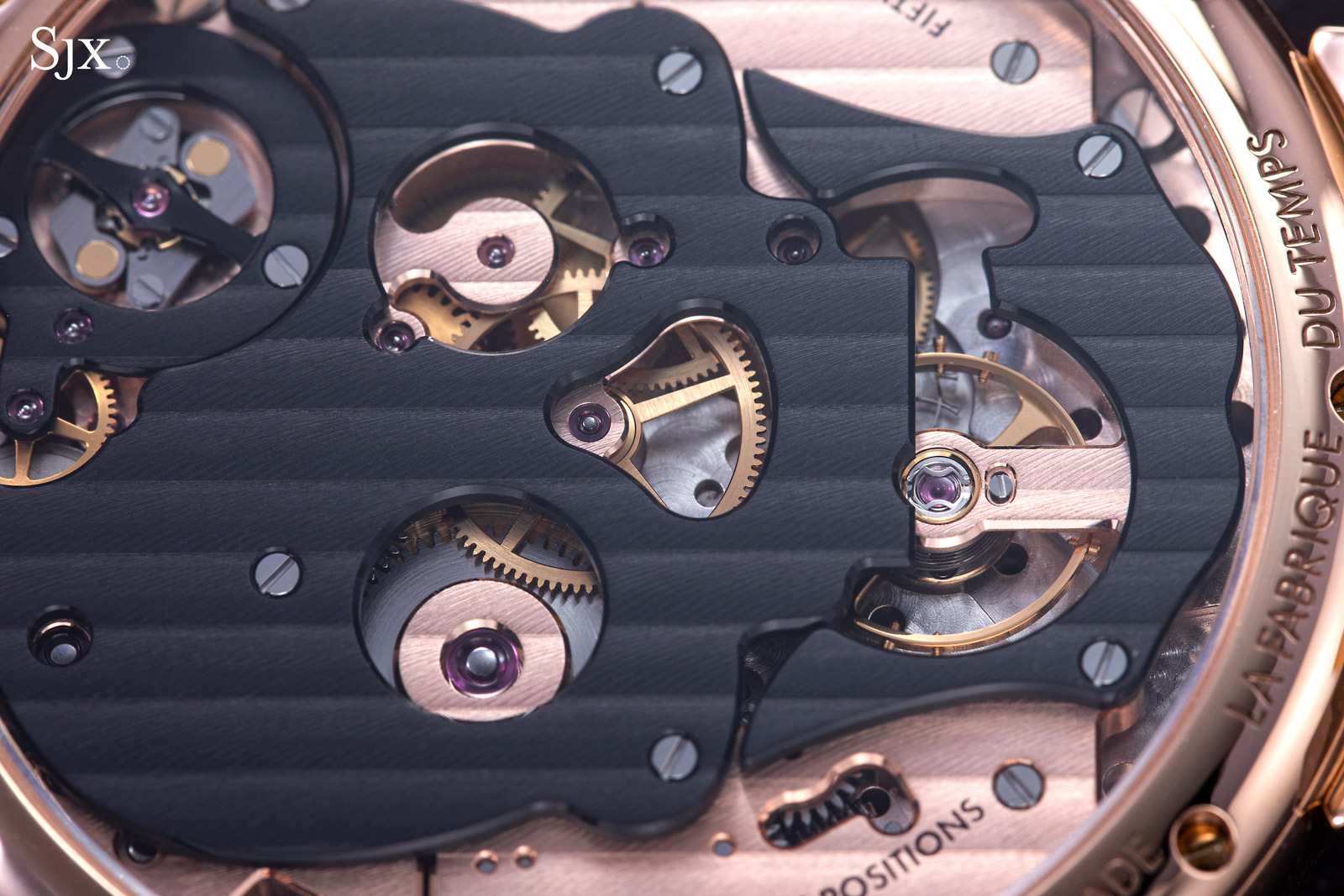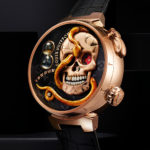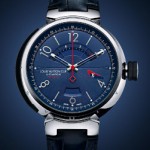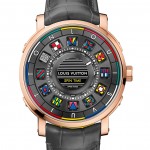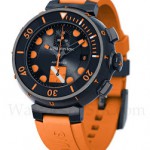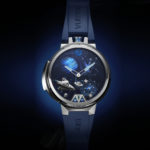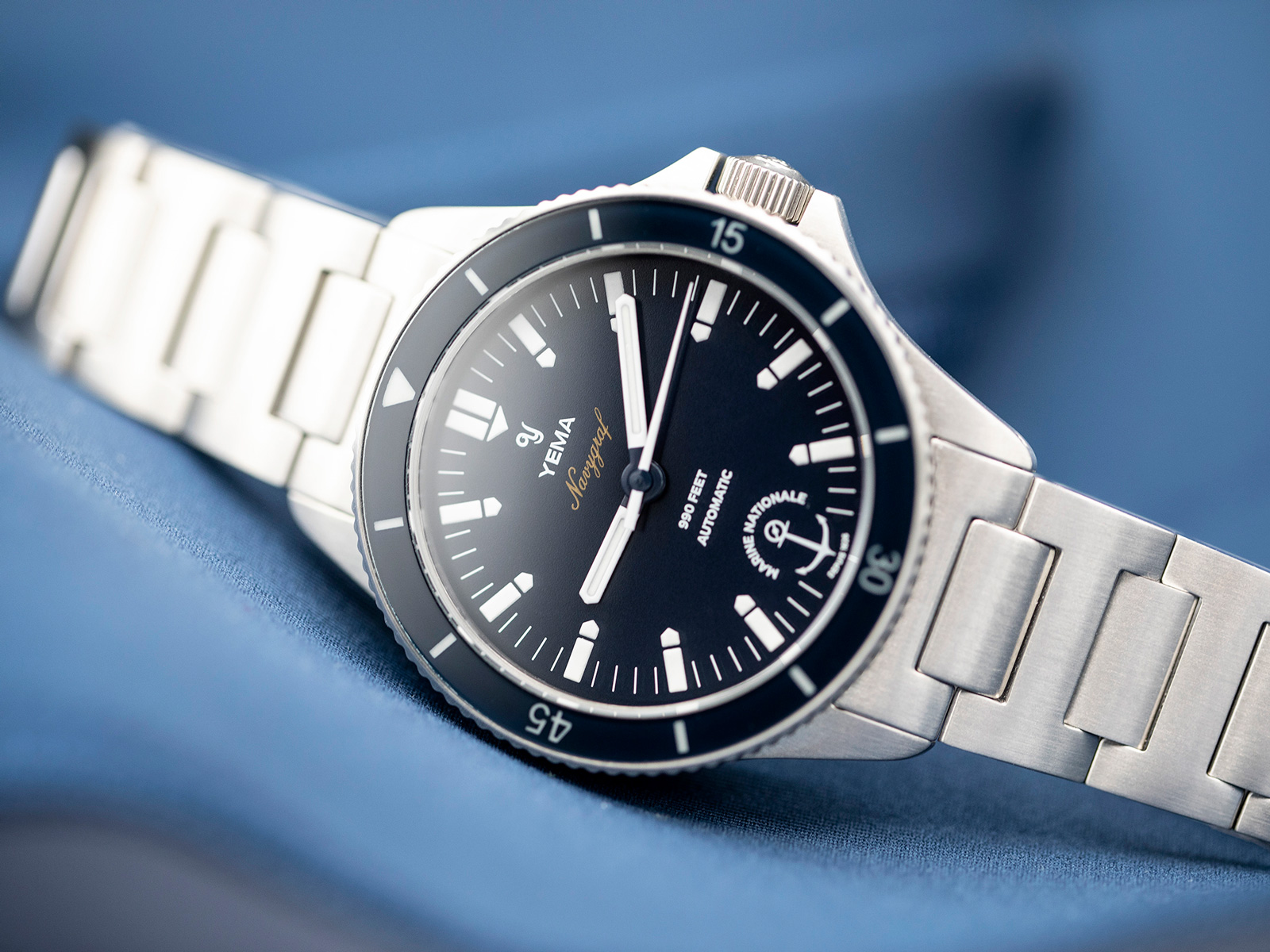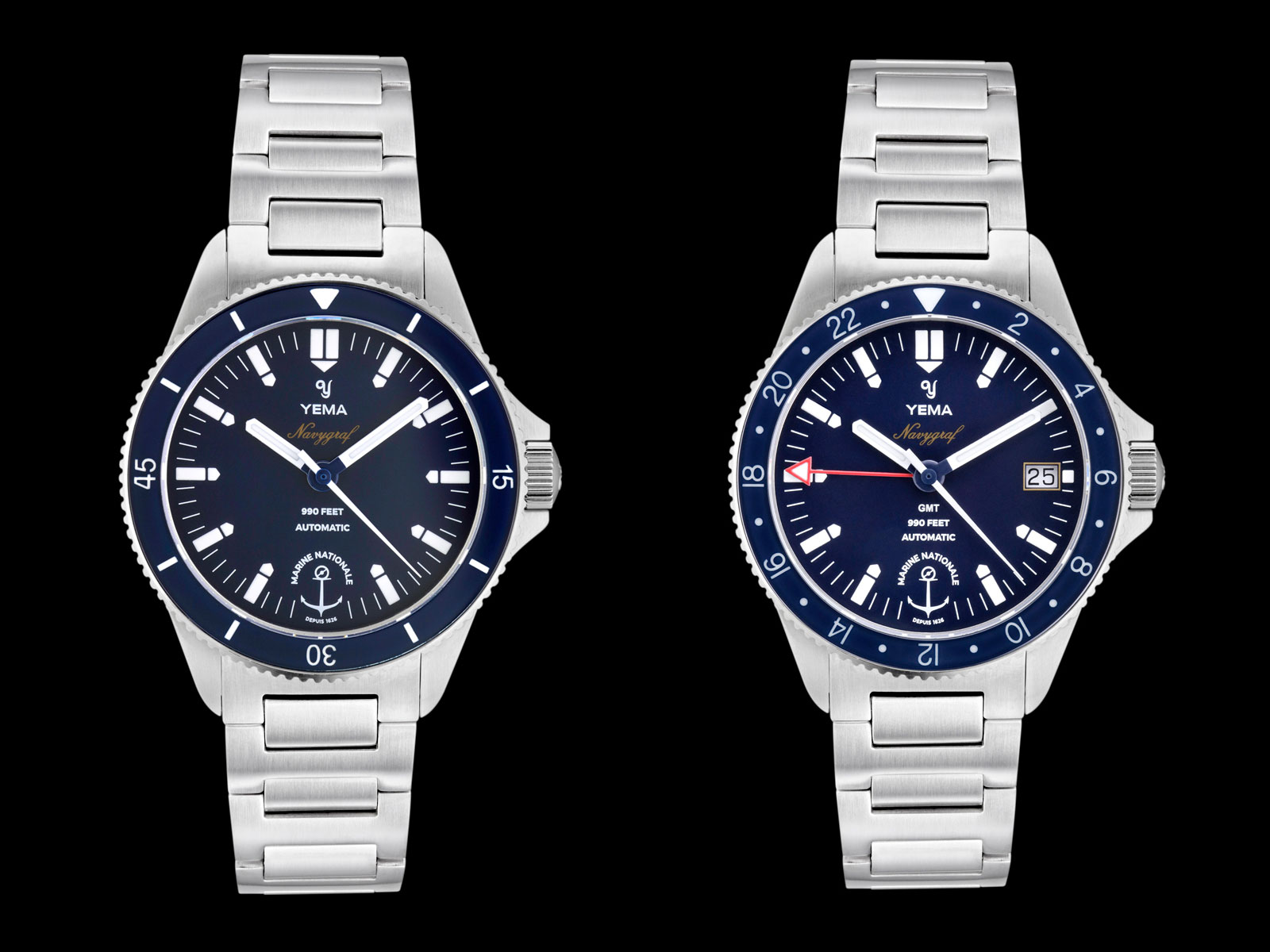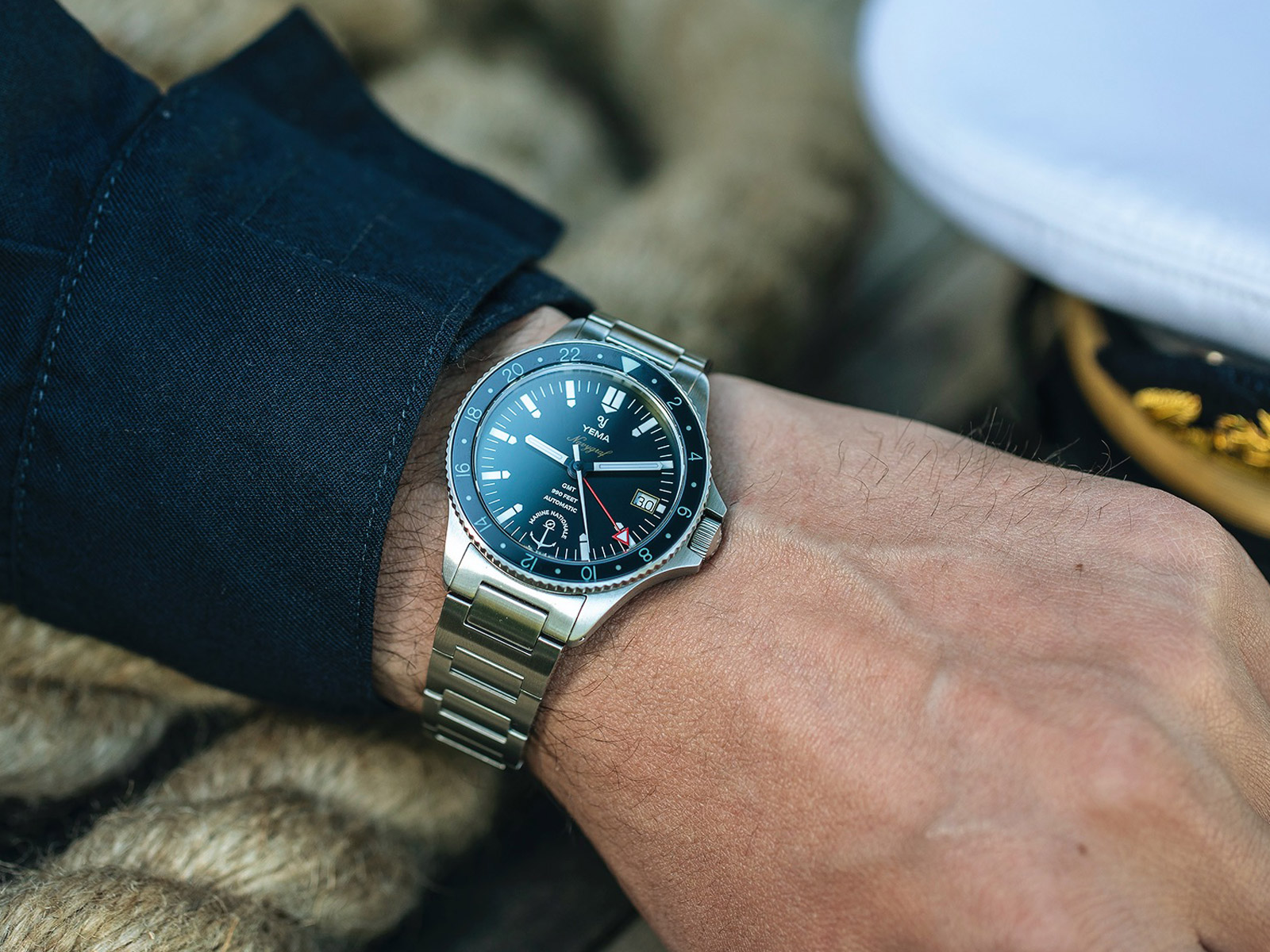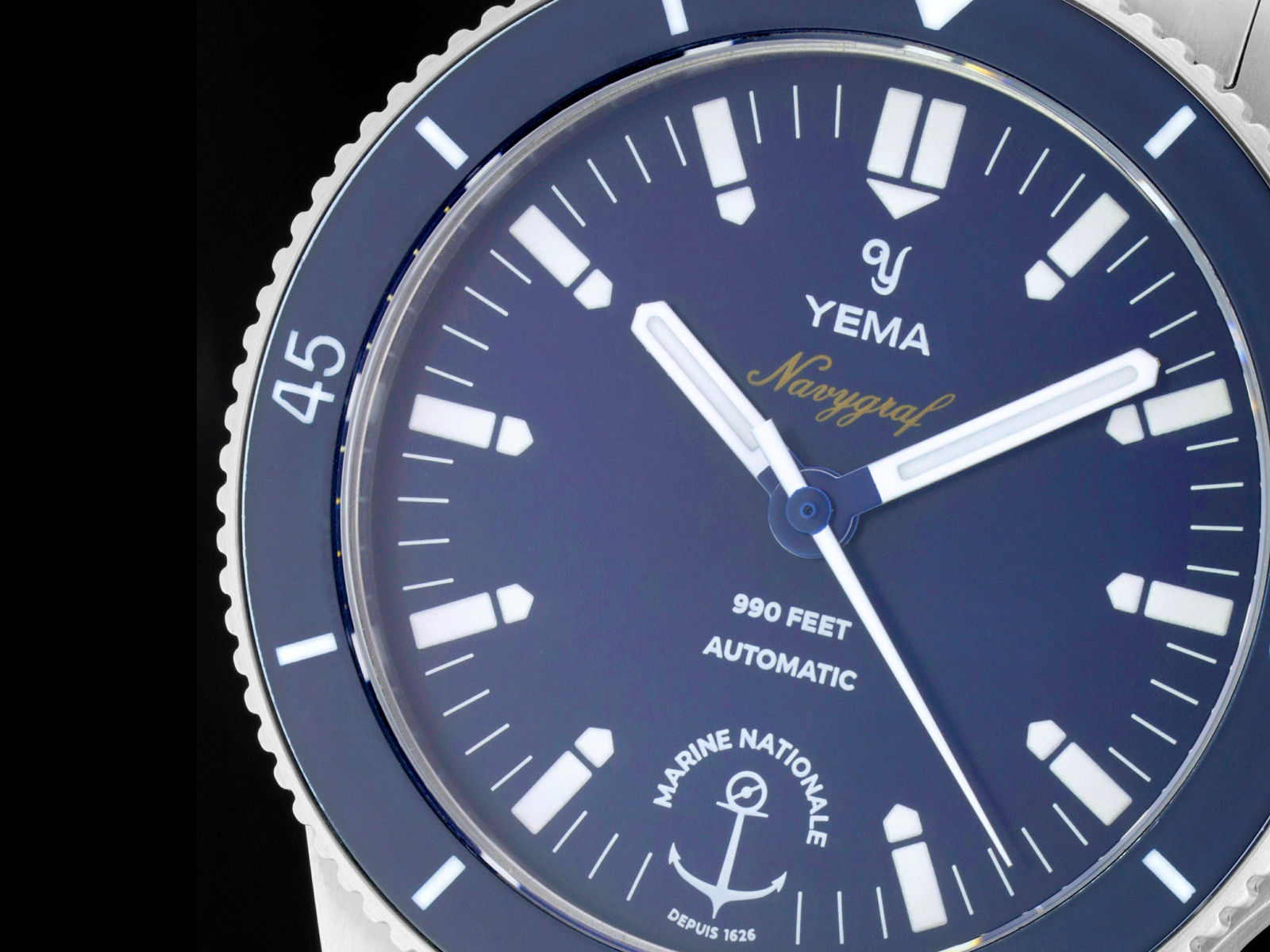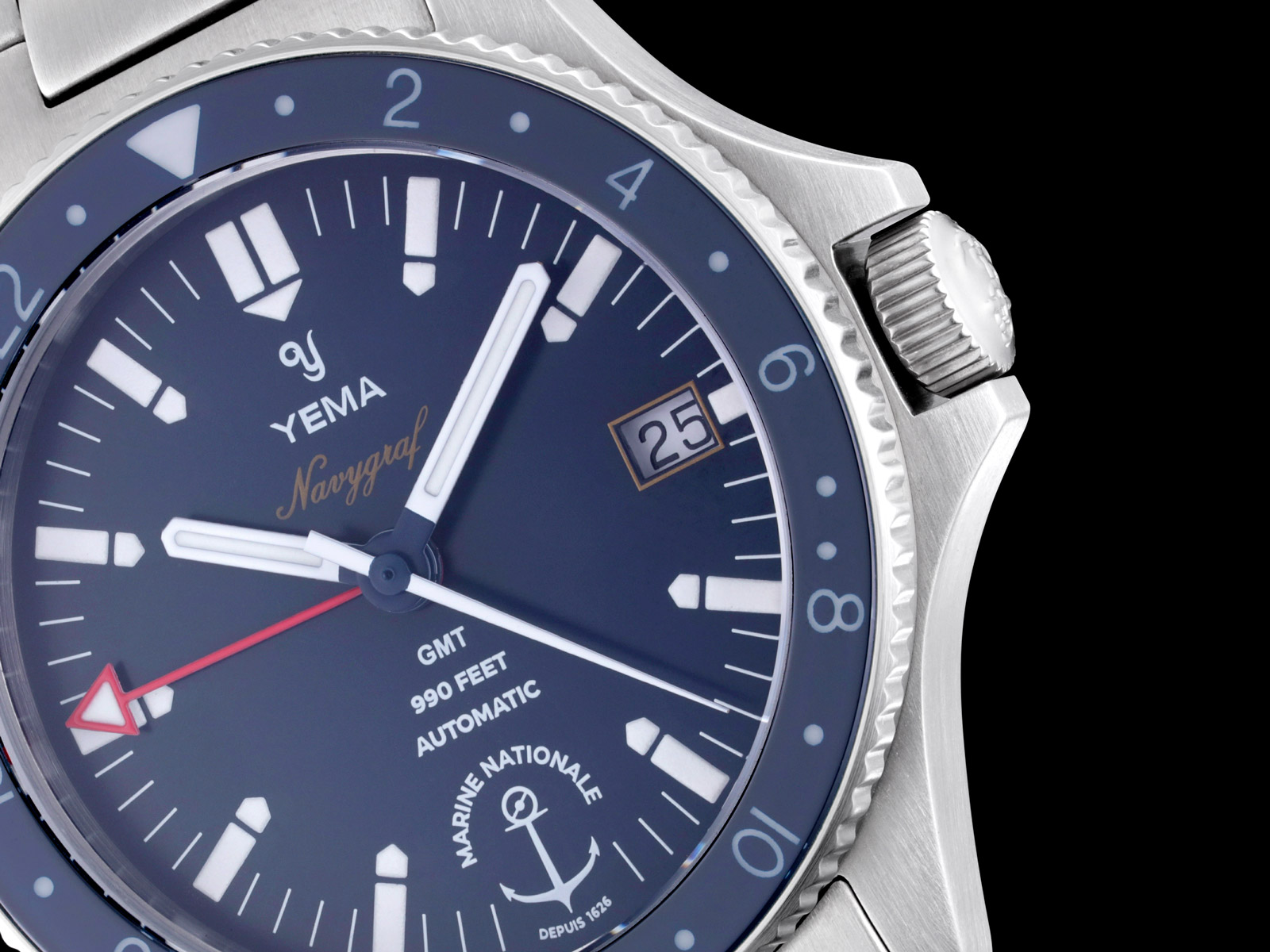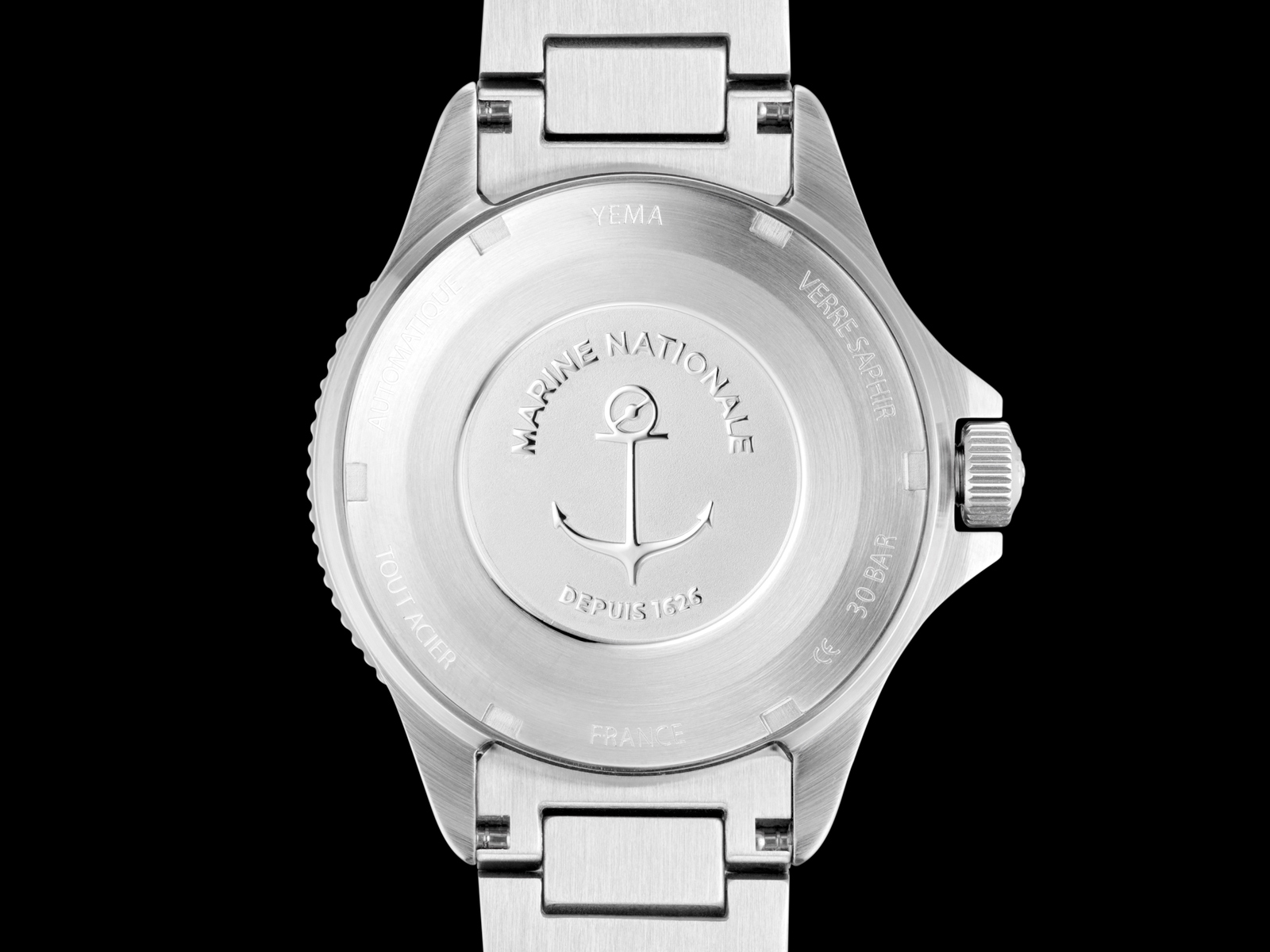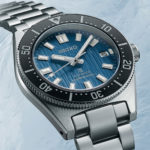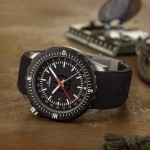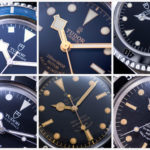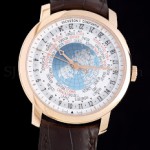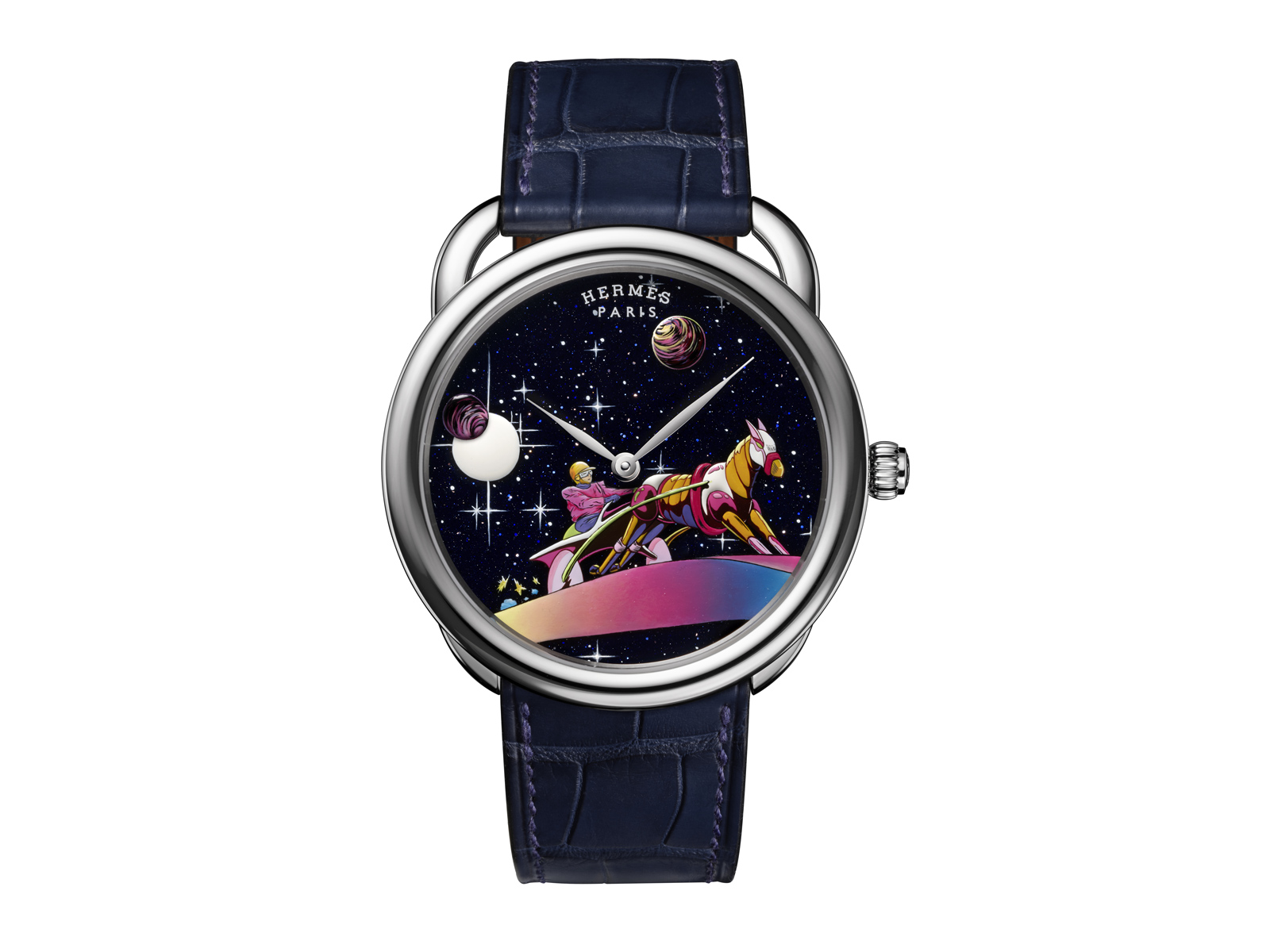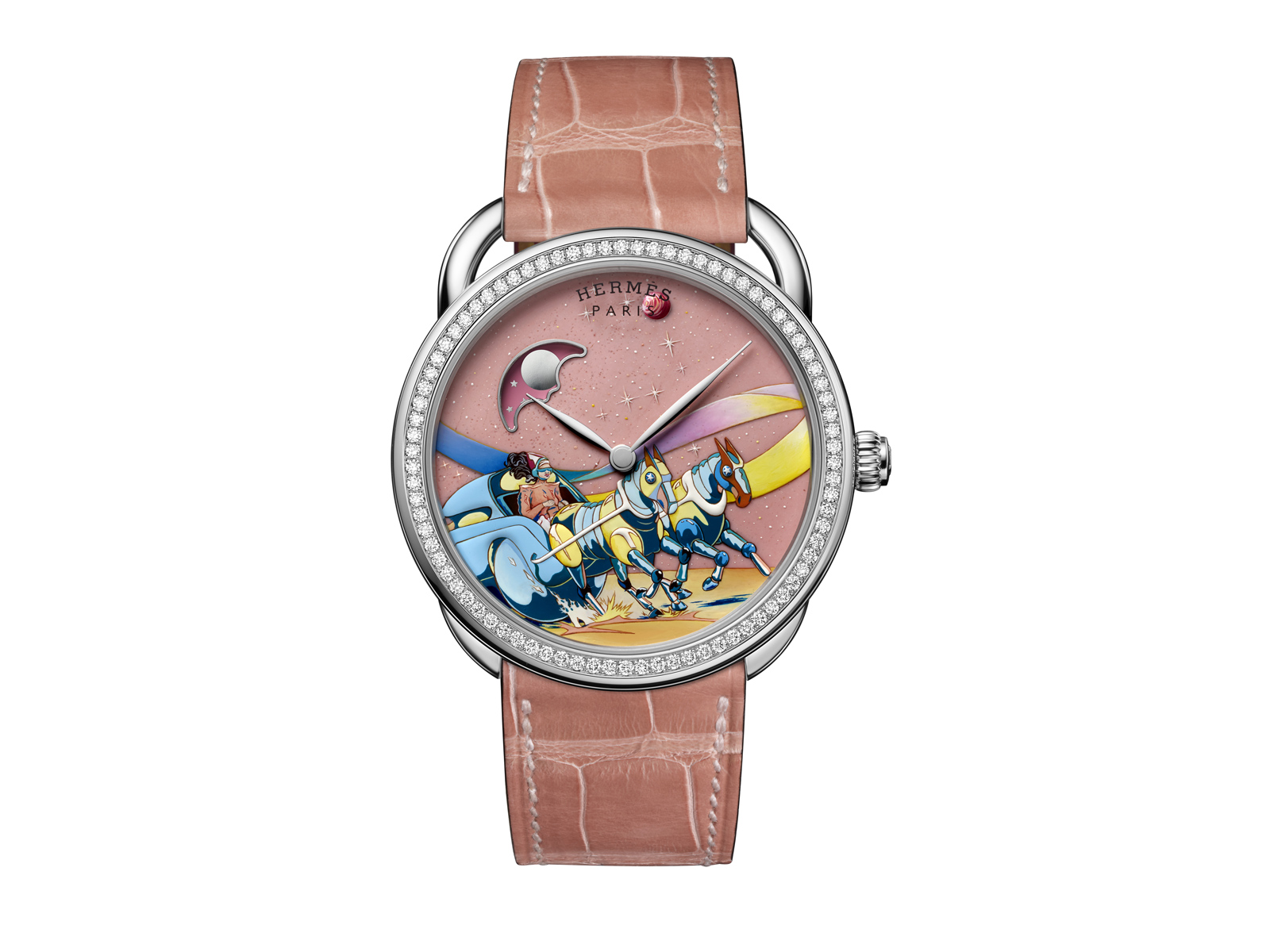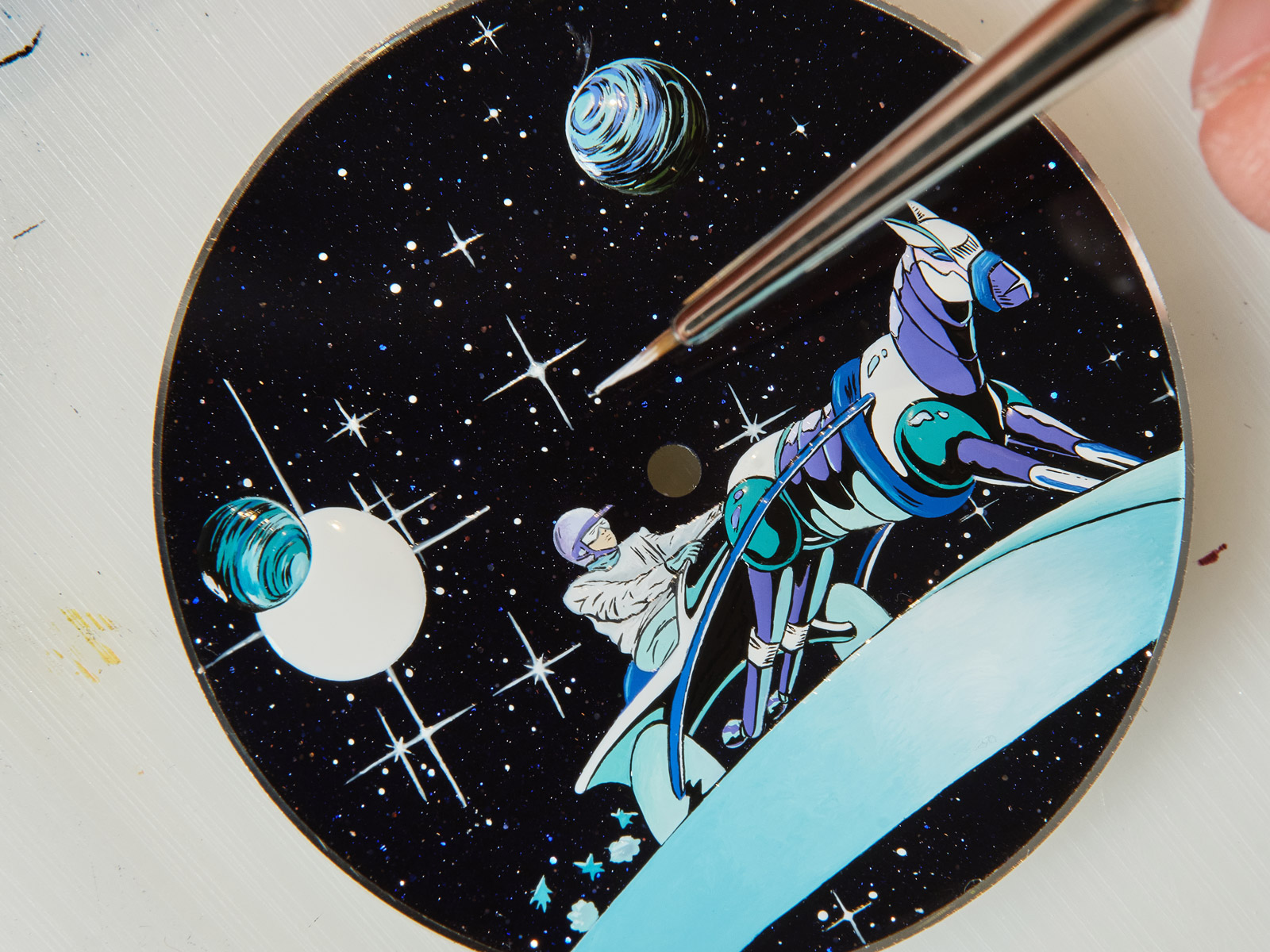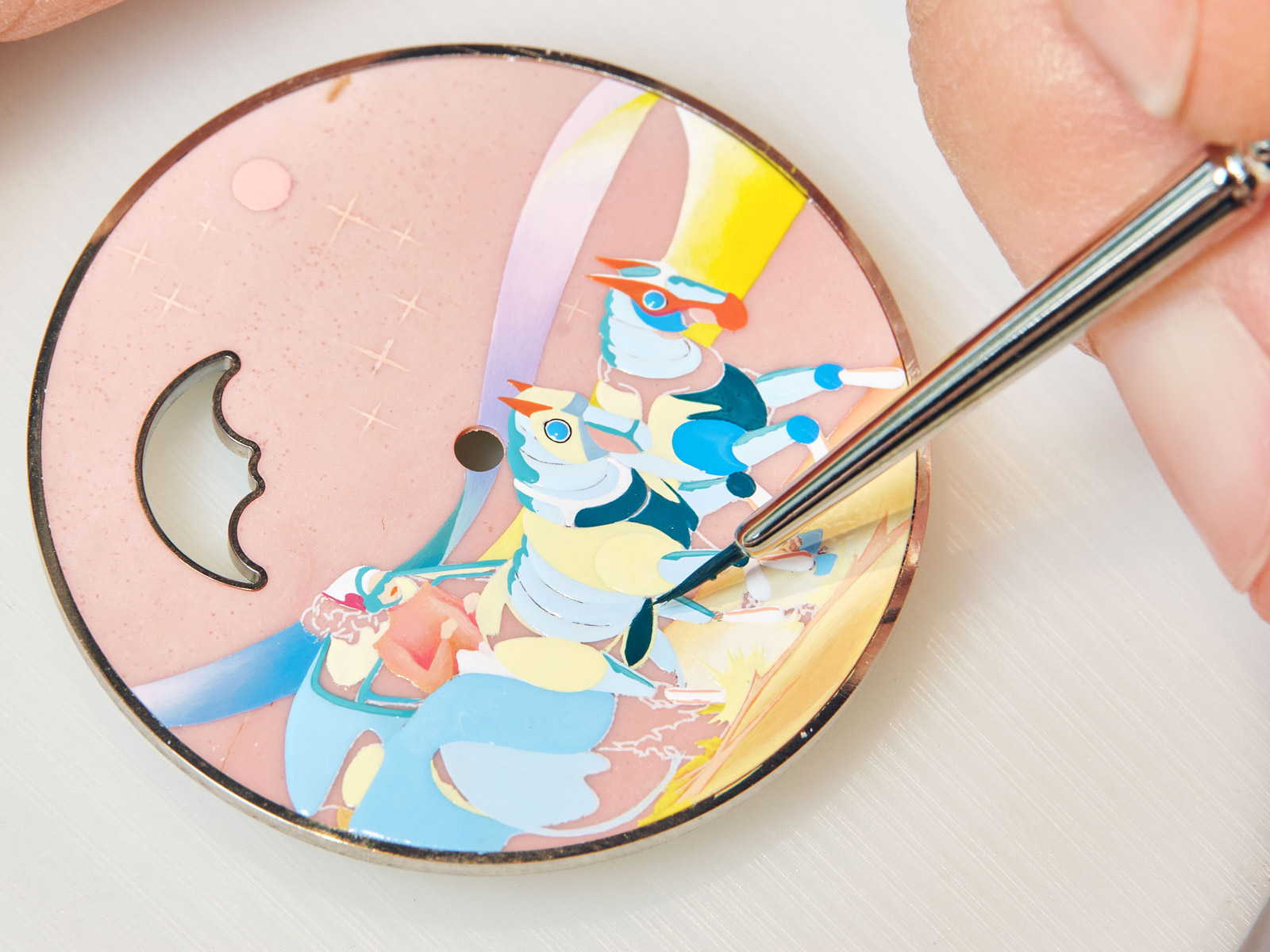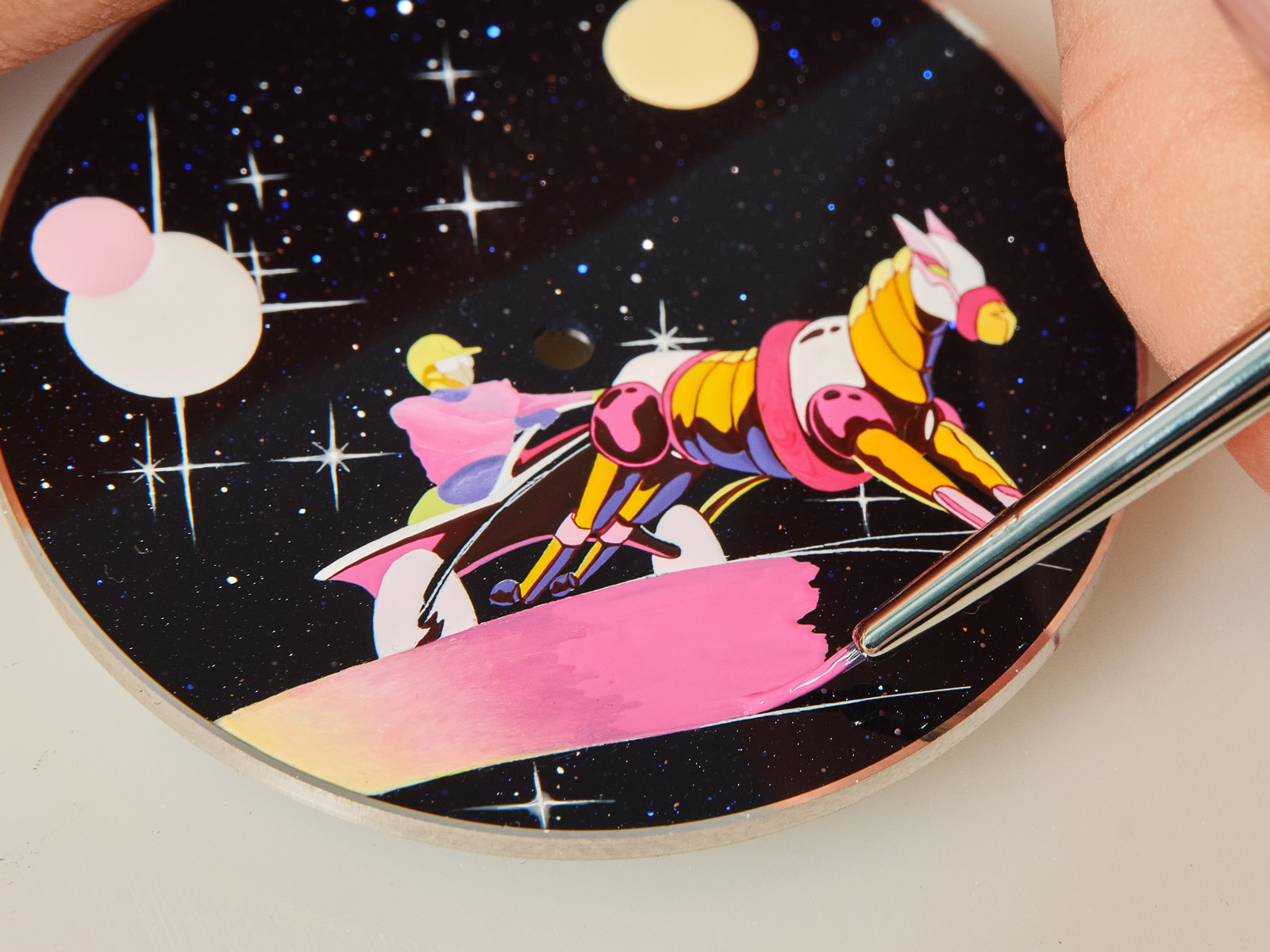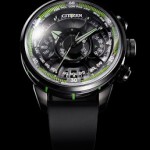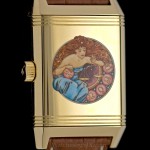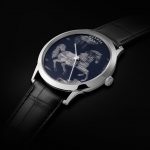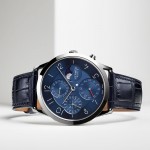Up Close: Louis Vuitton Tambour Carpe Diem Automaton Minute Repeater
Artisanal, complicated, and over the top.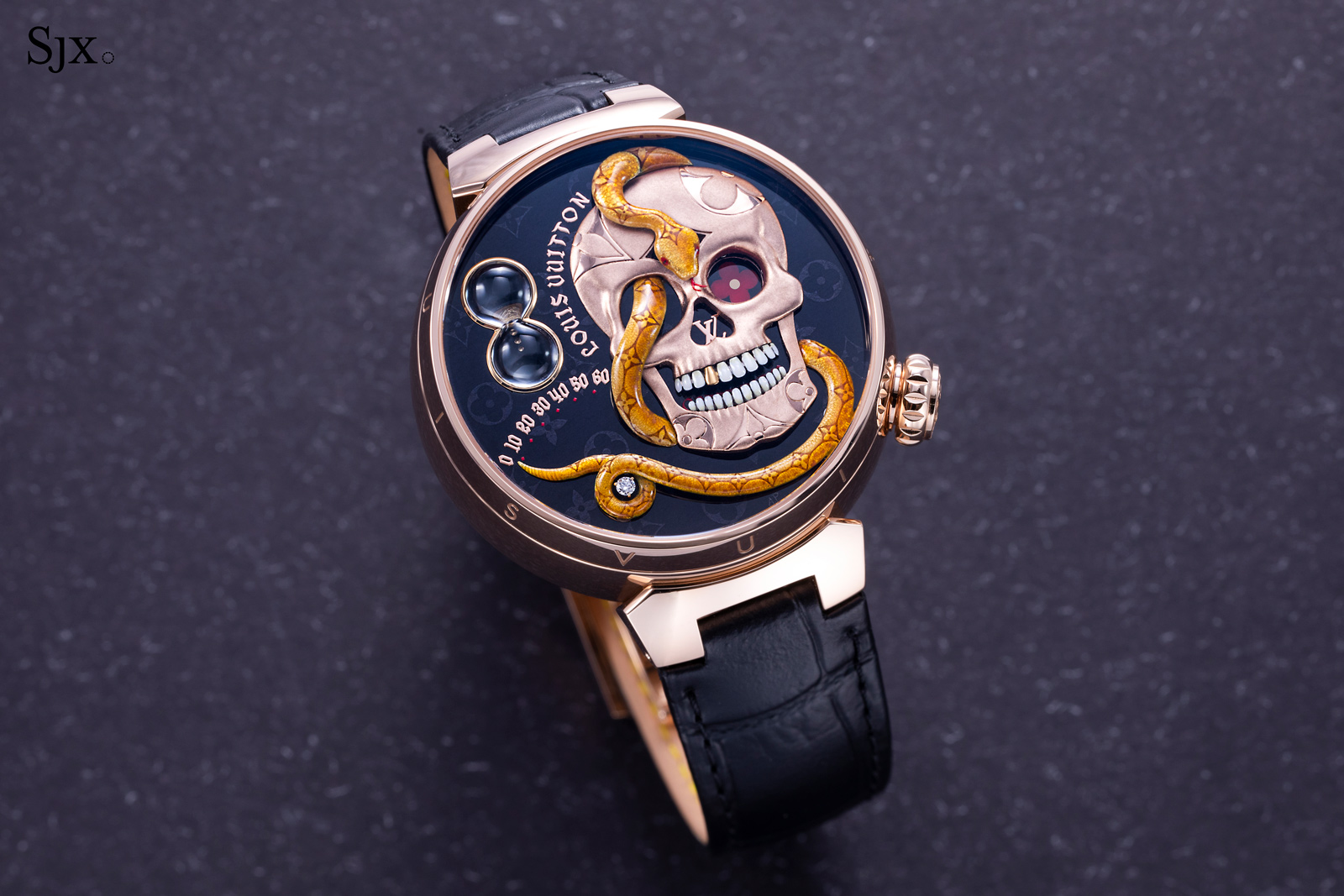
Unveiled during Watches & Wonders 2021, Louis Vuitton Tambour Carpe Diem Automaton Minute Repeater made its debut alongside highly complicated watches from mainstream watchmakers – but it holds its own in mechanical complexity and metiers d’art decoration against the best of them.
Initial thoughts
Louis Vuitton’s mechanical watches are impressive, and often don’t get enough respect from watch enthusiasts because of the often ostentatious design. But I respect the quality of concept and execution, and like several of the watches (and own one of them). The flagship complication for 2021 is typical Louis Vuitton in terms of design, but creative in its mechanics and polished in its artisanal decoration.
The Carpe Diem is essentially a modern day vanitas – a work of art symbolising the transience of material goods and fragility of life. At the same time, it encapsulates many of the favoured themes in modern-day watchmaking – complex movements, artisanal decoration, and over-the-top style.
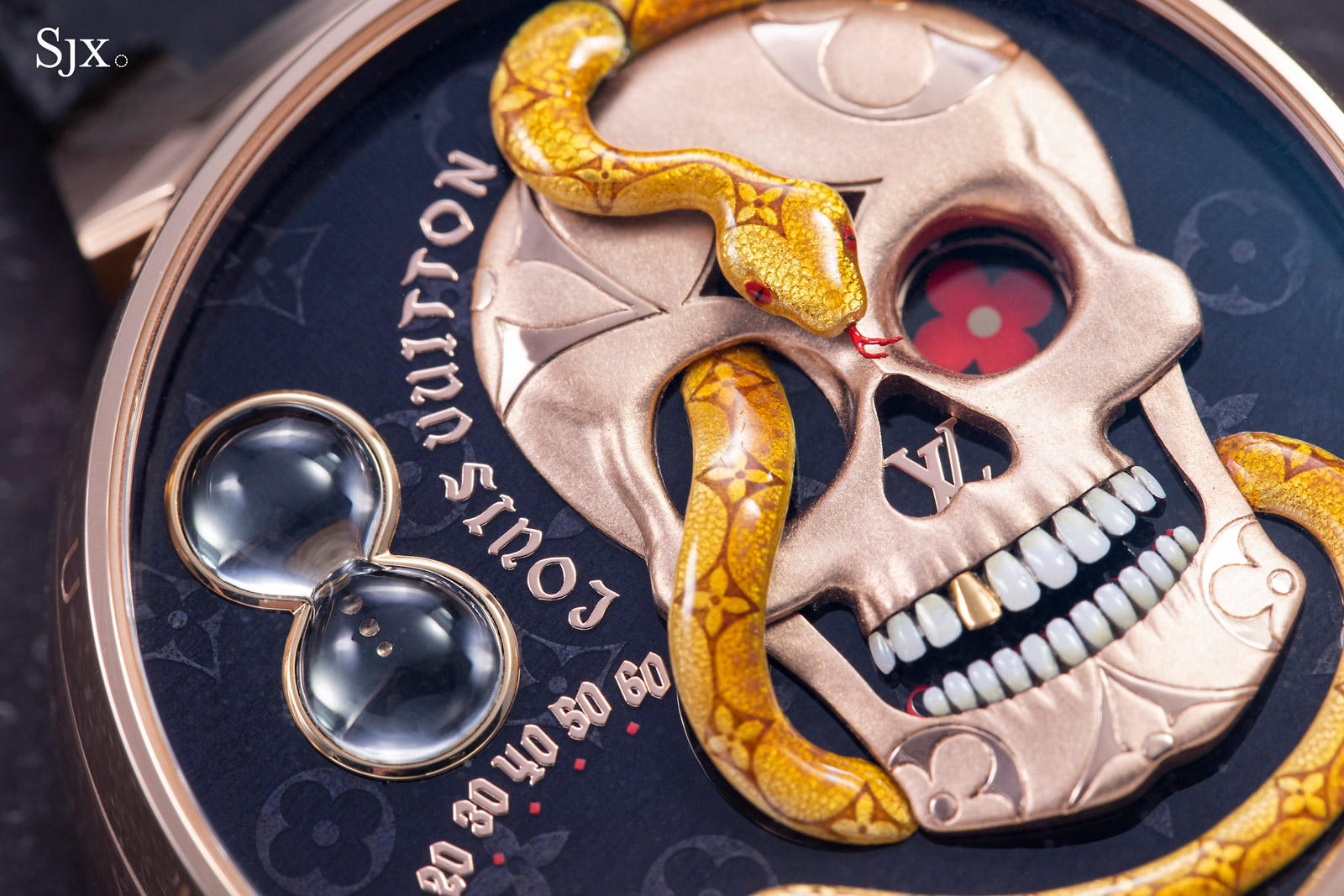
Although the Carpe Diem is massive and extreme, the craftsmanship evident on the dial is delicate and refined. The engraving on the skull is fine, and even more intricate on the snake, which is enamelled in exceptional detail.
All of the metiers d’art on the dial is as good as that on watches from mainstream watchmakers. At the same time, the movement is technically competent and properly finished, given its La Fabrique du Temps provenance.
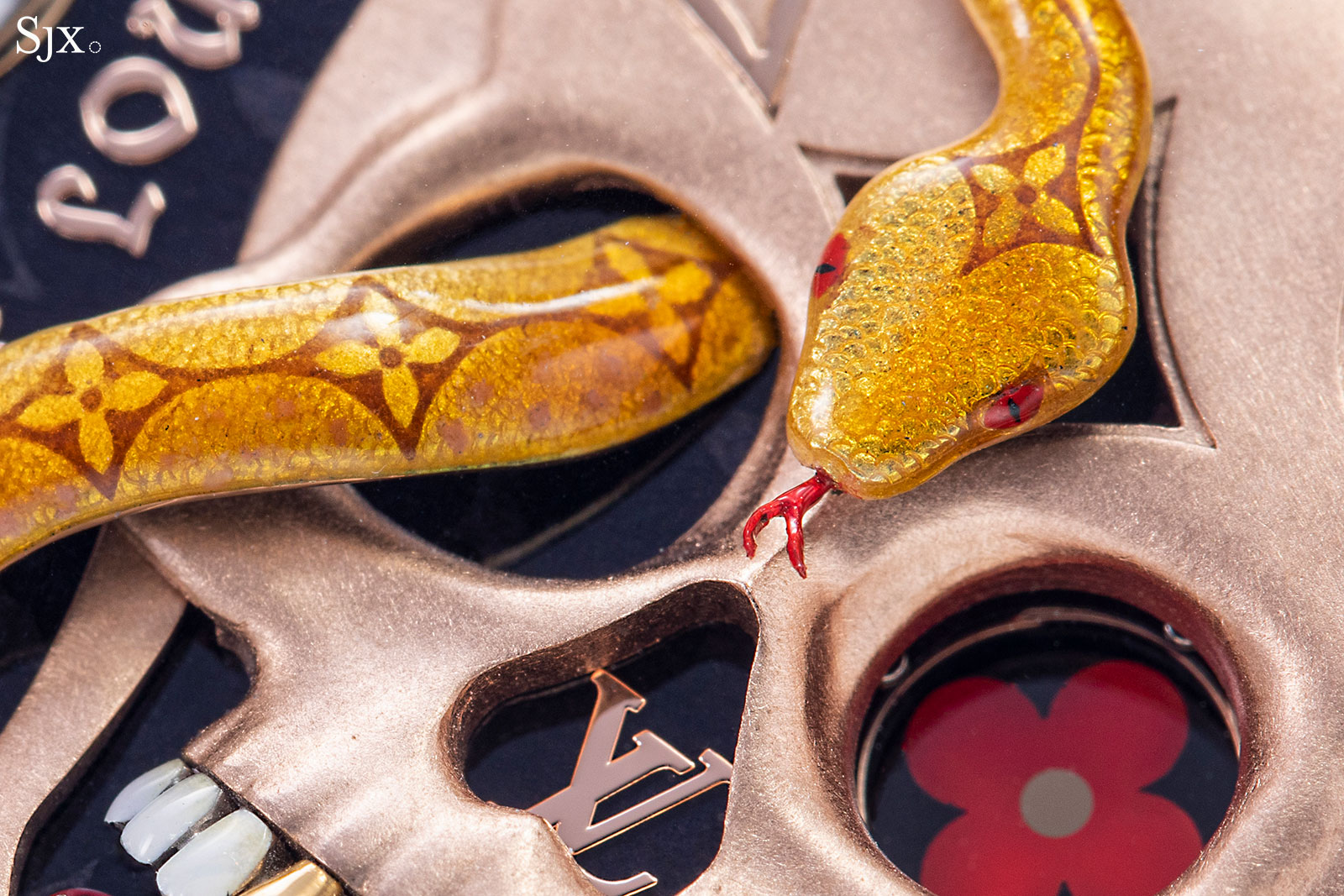
But the watch is a lot of watch, in terms of size and style. It’s probably outlandish for many – it’s certainly too much for me – but the quality is excellent. But for someone who appreciates artisanal decoration and mechanical complexity, while finding classical minute repeaters too mundane, this is certainly it.
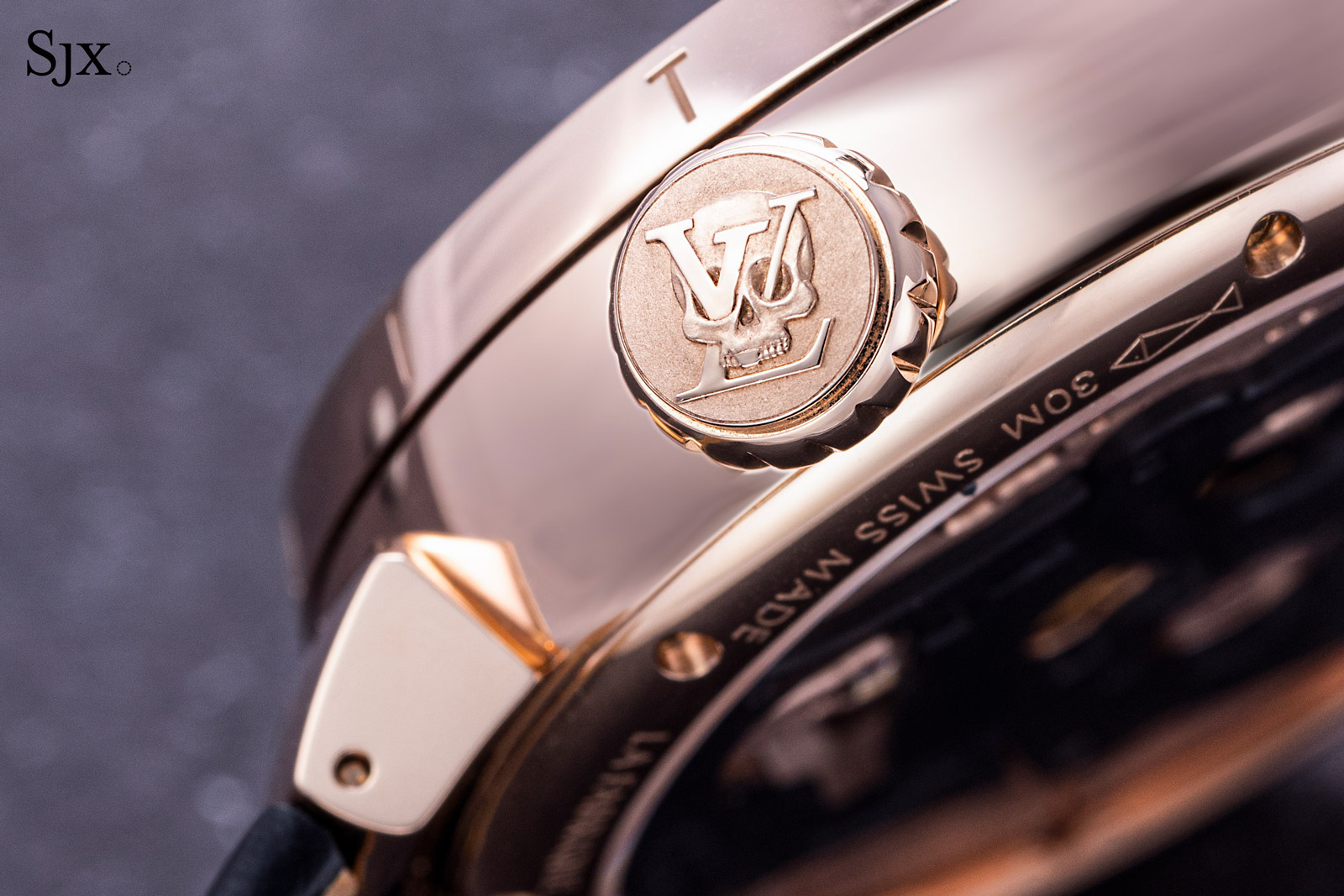
One of the most surprising details of the Carpe Diem is the hand-engraved relief emblem on the crown
Automaton action
The dial of the Carpe Diem is actually comprised of automata – mechanisms that move when the minute repeater is activated with the the snake-shaped button at two o’clock. Unfortunately the example in the photos was a non-functional prototype, so we weren’t able to capture the watch in action.
Sometimes known as a jacquemart (which traditionally refer to moving human figures on clocks), the automata move simultaneously over 16 seconds as the repeater strikes the time. The operation of the repeater thus tells the time in two ways: sounded out with the hammers and gongs of the repeater, and visually as the automata reveal the hours and minutes on the dial.
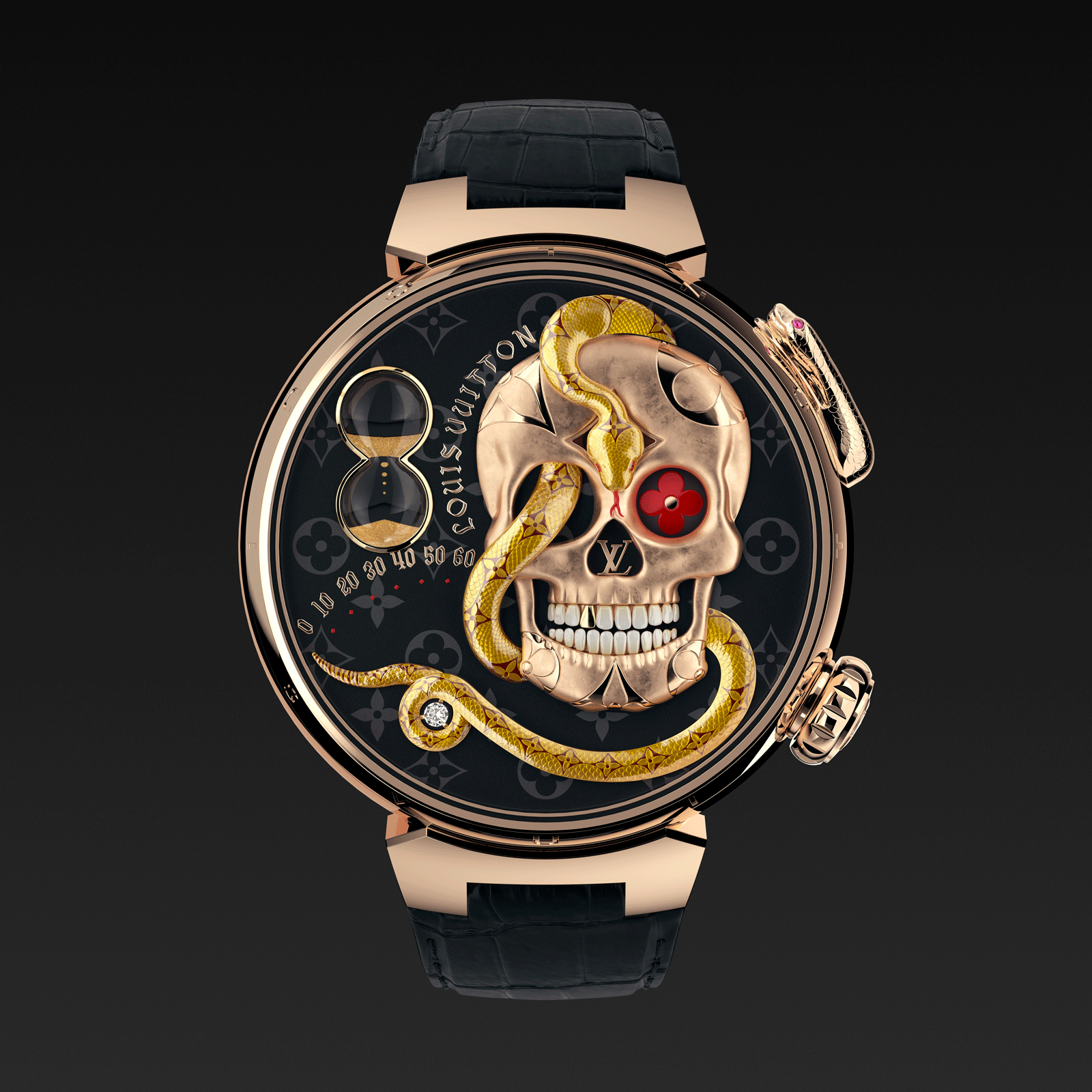
Revealed as the snake pivots away from the skull’s forehead, the hour numeral is visible in a diamond-shaped aperture. At the same time, minutes are indicated by the snake’s tail, which travels upwards to point to the correct marking on the minute scale, before returning back to zero in a retrograde motion. The scant markings on the minute scale means that the minutes can only be read approximately, but the time can still be told precisely by listening to the minute repeater.
The other automatons on the dial are for pure visual spectacle. A lattice with eight pivots contracts over the left eye socket, transforming the emblem within from the rounded, four-petaled flower into a four-pointed star, both elements of the Louis Vuitton monogram. And the jaw of the skull opens as if to speak, proclaiming “Carpe Diem” between the two rows of enamelled teeth.
The final display on the dial is the power reserve indicator, which is not part of the automata and within the hour glass at 11 o’clock. It’s indicated by the levels of gold dust within the hour glass, with the upper half of the hour glass indicating full wind, and the lower half filling up as the mainspring unwinds.
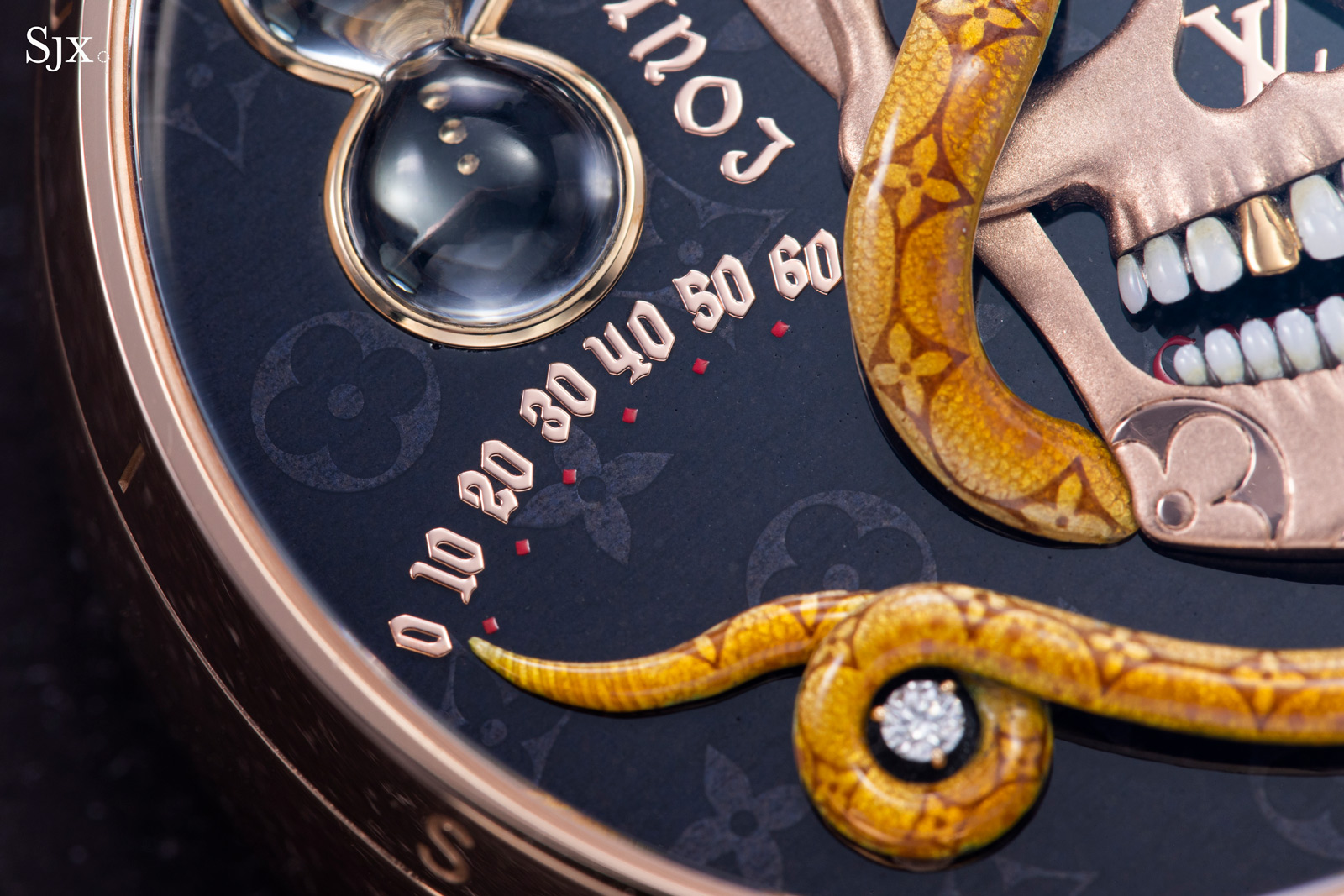
The minute scale has Arabic numerals for the tens and red diamonds for the half hours
Tambour
The signature watch case of Louis Vuitton, Tambour is French for “drum”, explaining the large diameter and sloped sides. Simple but distinctive, the Tambour case is attractive – I like it – but it is appears large, even when moderate in size.
As a result, the Carpe Diem seems even bigger than its large 46.8 mm diameter. That said, the case wears reasonably well, because the Tambour relies on short, narrowly-spaced lugs. The lugs are one key element of the Tambour case, another is the brand name on the sides of the bezel, with each letter representing an hour.
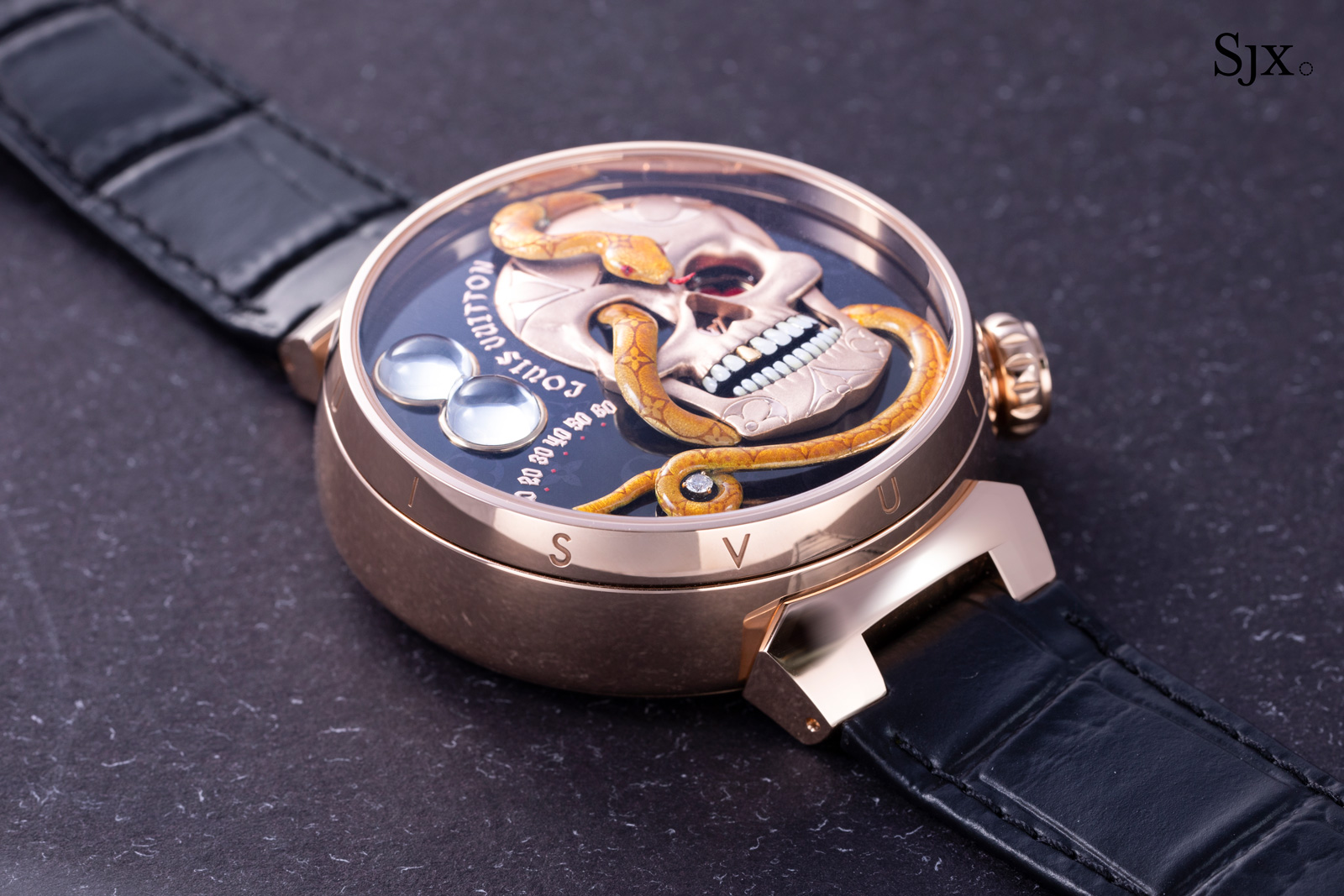
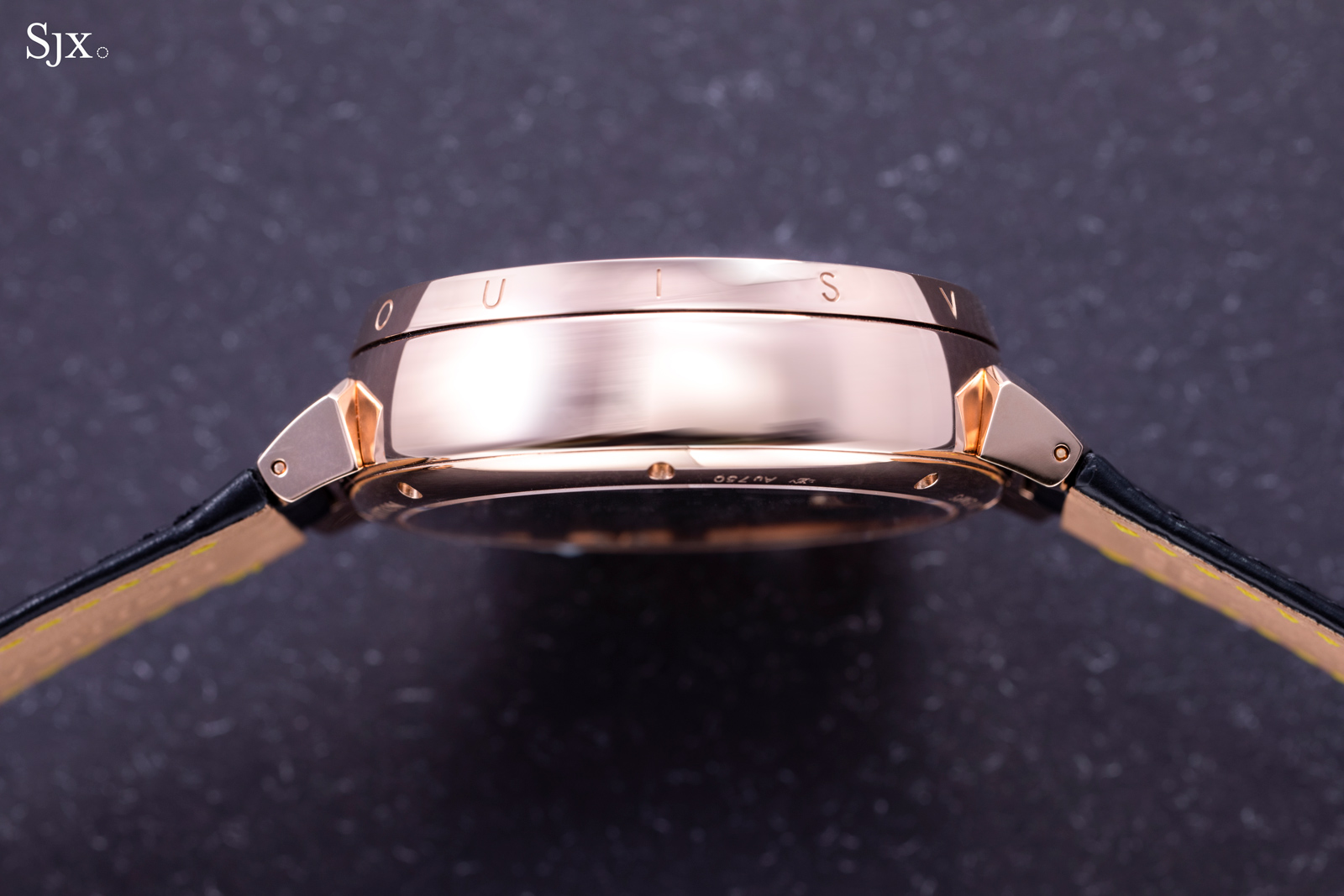
The size is a necessity resulting from the movement, which fills up most of the space within the case. Few, if any, automaton-repeater wristwatches from the last couple of years are small. Jaquet Droz, for instance, makes a variety of minute repeaters with automatons, which are 43 mm at the smallest and 47 mm at the most complex.
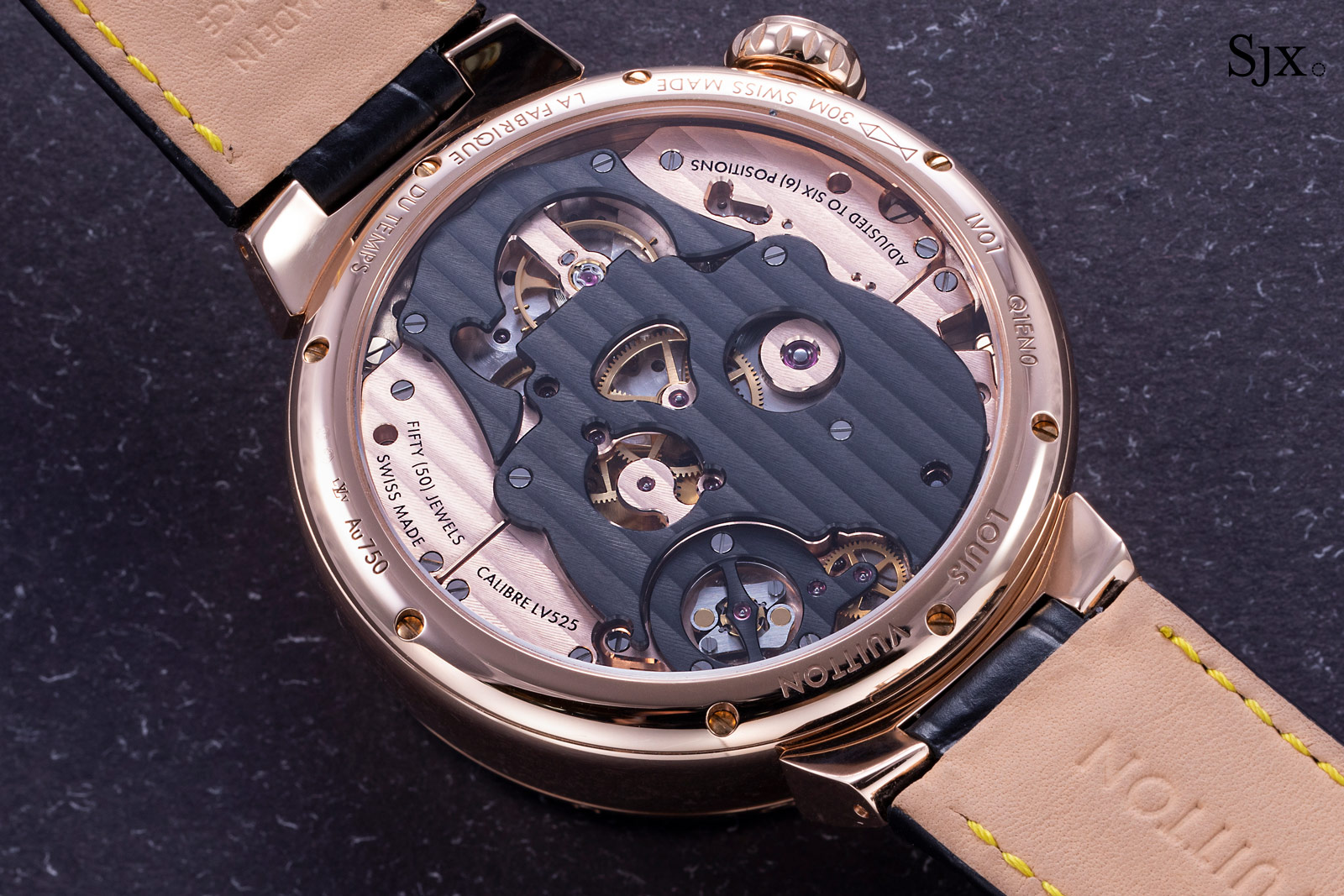
Memento mori
Though the skull motif is popular enough today to seem fashionable, it is a classical theme in Western art. And it is rendered with classical techniques, namely enamel and hand engraving, each done by a noted specialist.
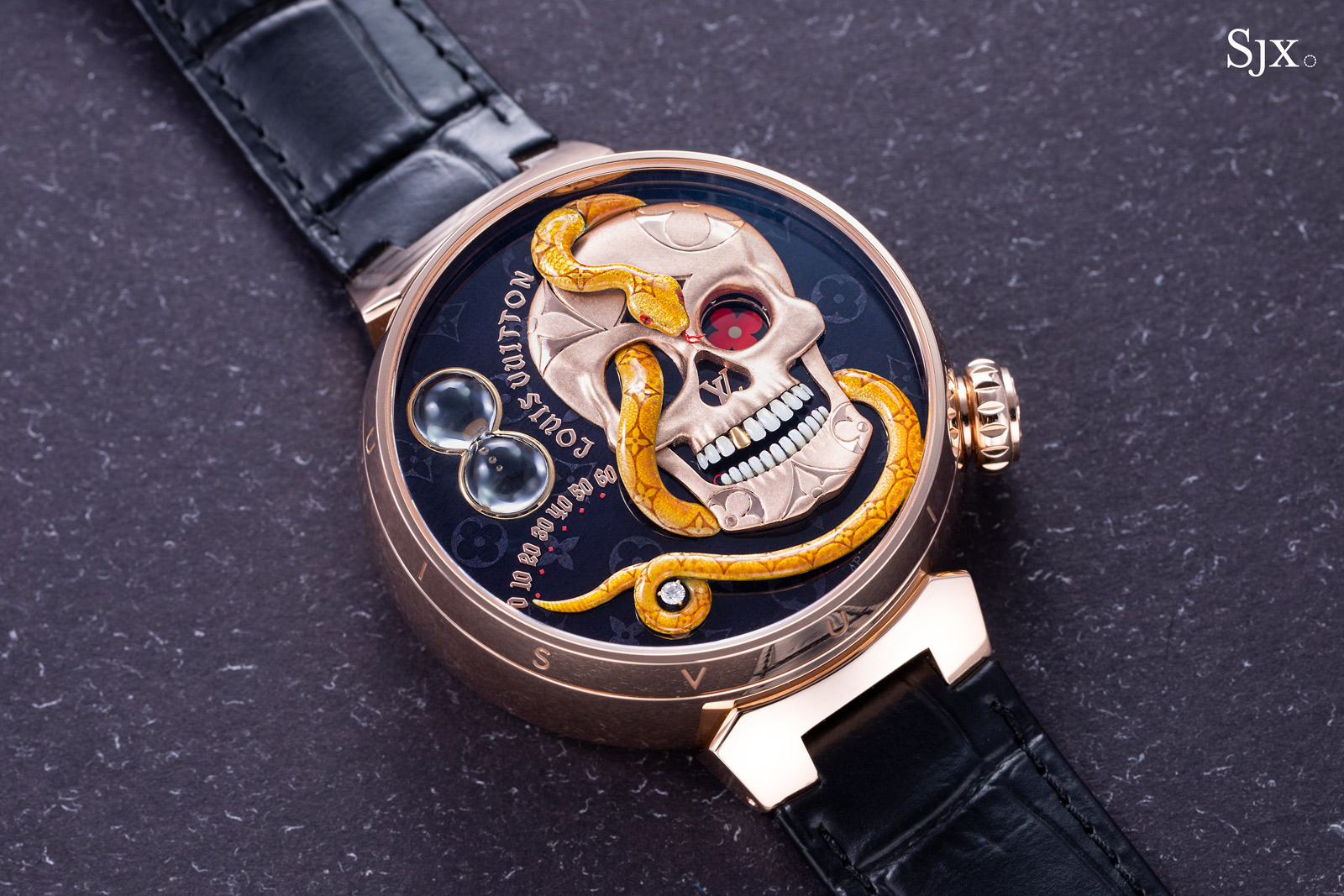
The entirety of the dial is engraved, from the surface to all of the elements over it. That was the work of Art&D, a Geneva workshop led by Dick Steenman that has long been one of the leading specialists for decoration work that also includes gemstone setting.
Most striking is the skull, which is solid gold and finely textured to resemble bone, but with polished sections in the Louis Vuitton monogram.
Much of the rest of the dial is engraved and then enamelled by Anita Porchet, who often works with Mr Steenman on dials. Ms Porchet, whose workshop includes a handful of fellow artisans, is the most famous enameller in watchmaking, and a brand unto herself.
Several enamelling techniques are applied to the dial. The dial itself, for instance, is engraved with the Louis Vuitton monogram and then covered in translucent grey enamel, a method known as champleve. Even more appropriately, the teeth are each finished in glossy white enamel, typically known as grand feu enamel, with the amusing exception of a single gold tooth.
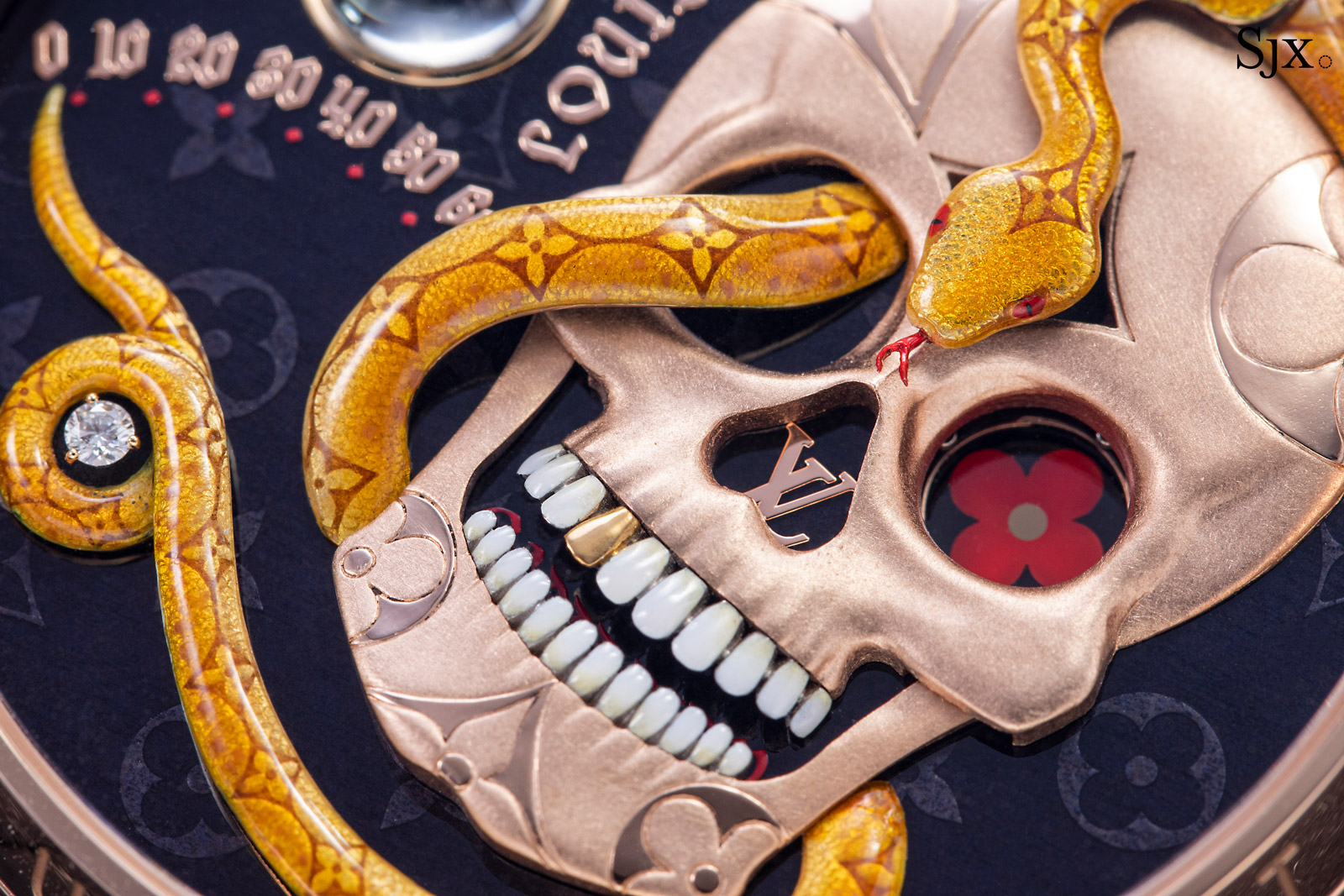
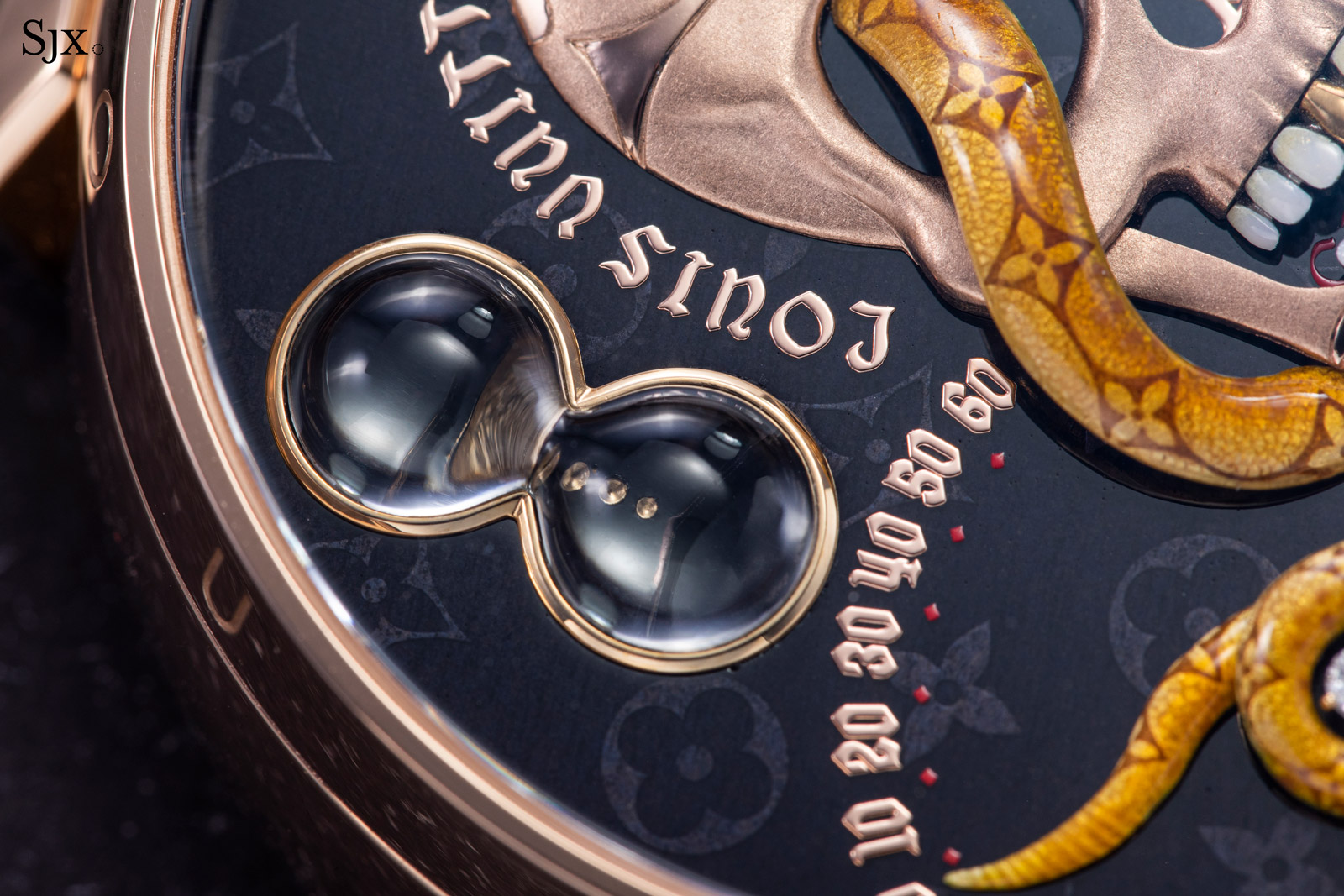
The dial is enamelled and then the power reserve scale and brand name are added as flat metal appliqués in appropriately Gothic font
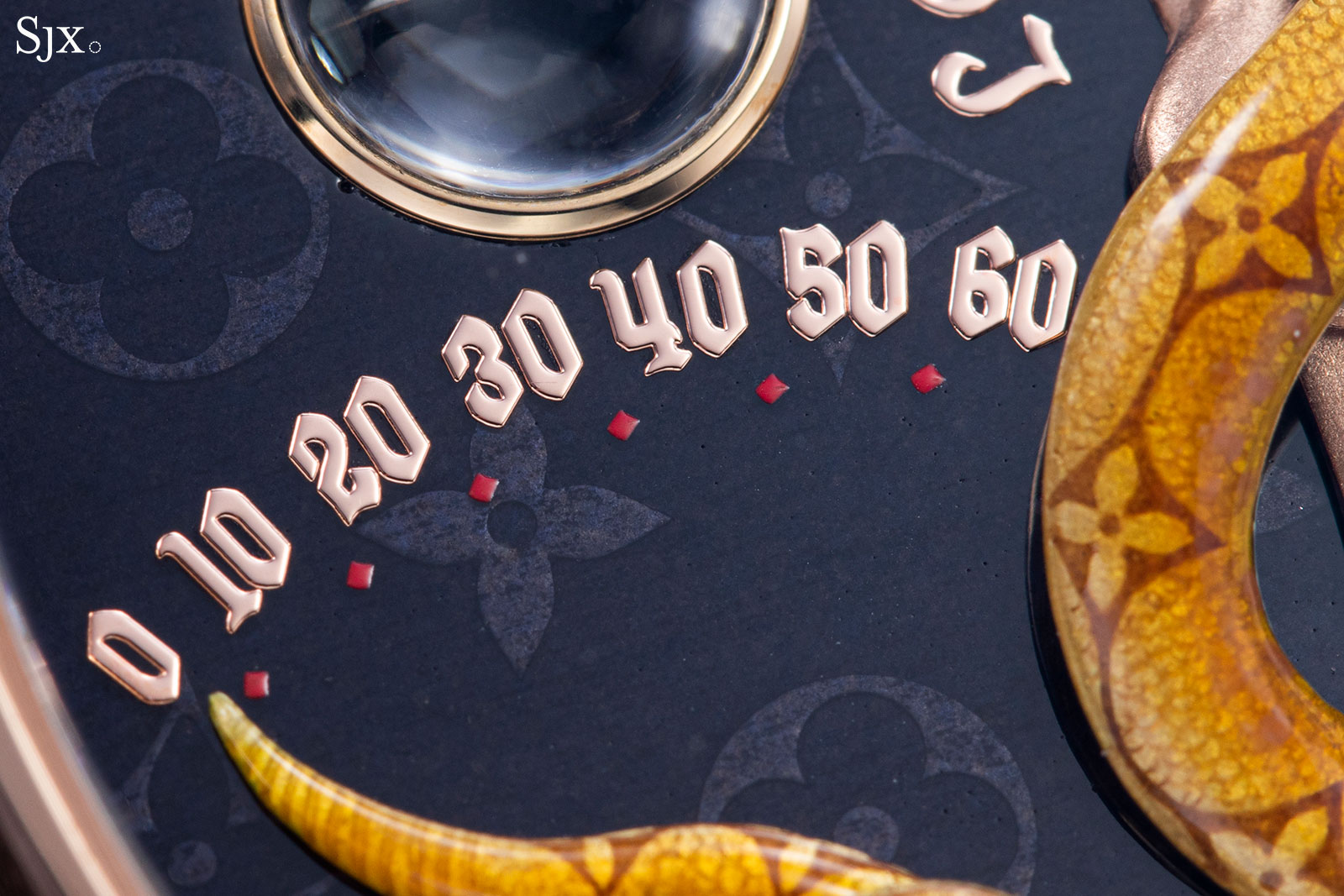
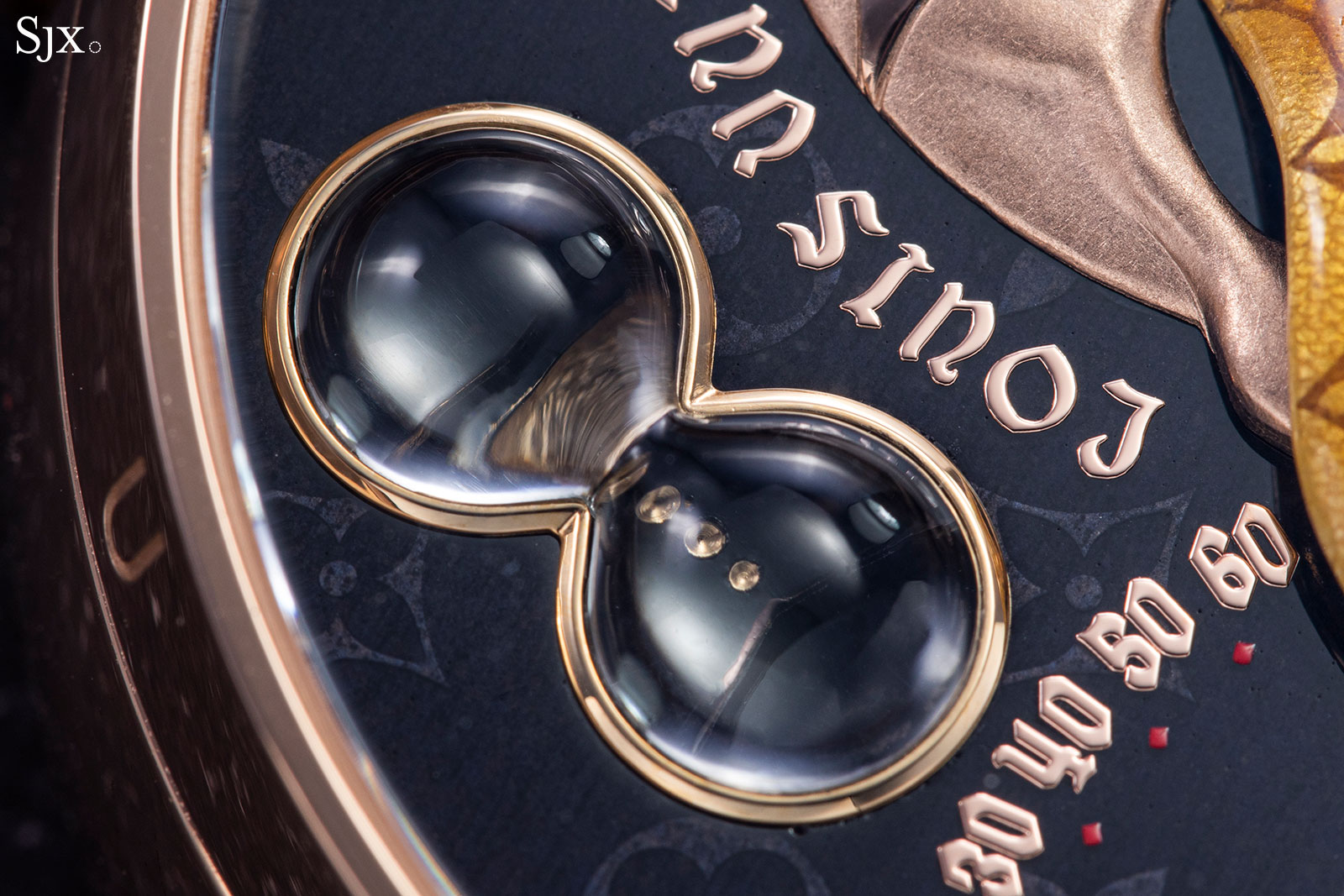
The sapphire bubble of the hour glass means the power reserve is visible only from the front
Also finished in champleve enamel is the star of the dial, the golden serpent. Hand engraved with a finely-scaled skin that incorporates the brand’s monogram, the snake is slender and quite flat, but appears three-dimensional and vibrant as a result of the colour and intricate detail.
Admittedly, the watch is pictured is the non-functional prototype, and snake is not quite perfect upon extreme magnification, but it remains an impressive sample of the Porchet workshop’s art.

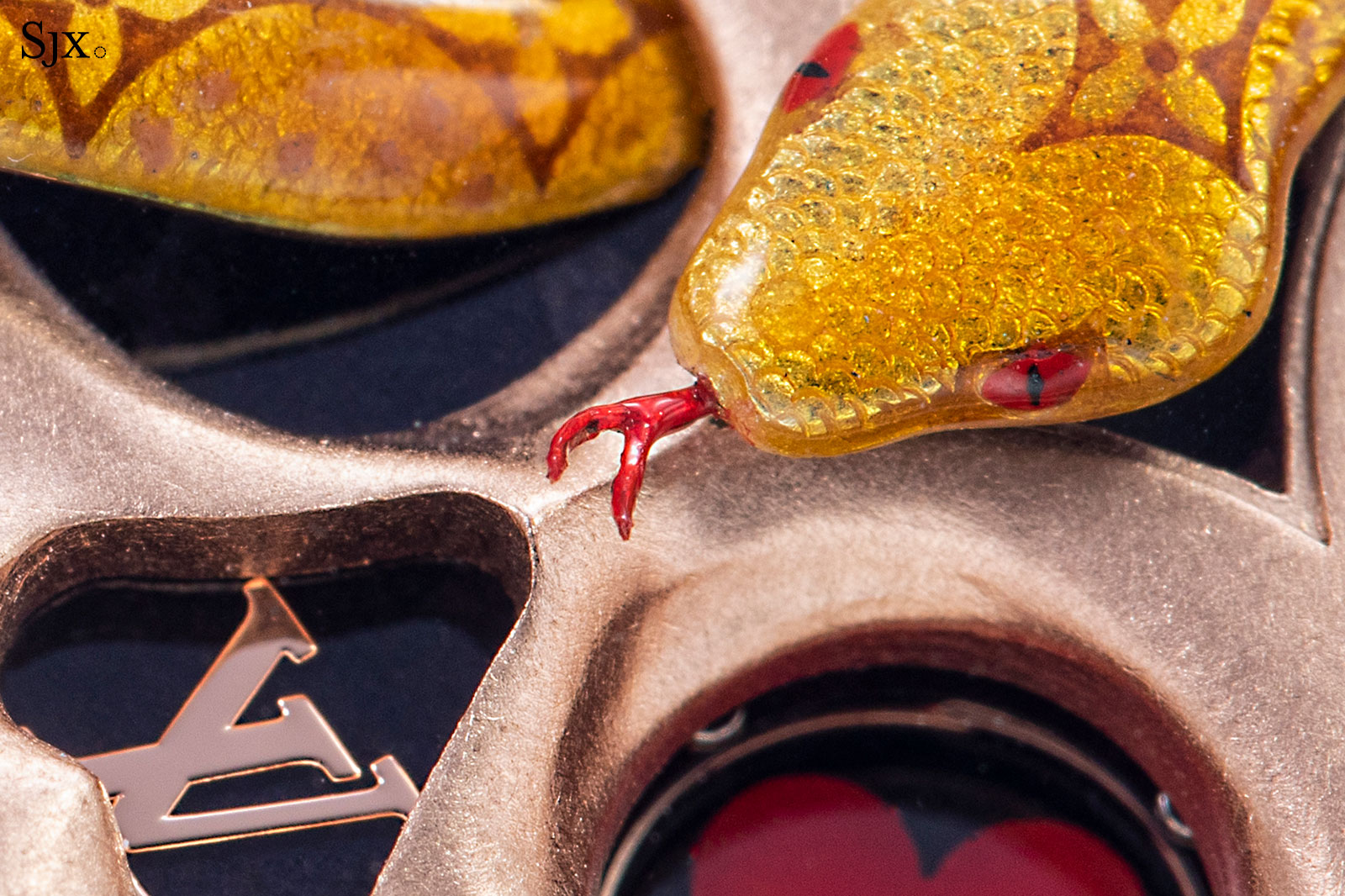
The snake’s forked tongue is almost a hair’s width in size
LFDT
The LV525 movement within is based on the minute repeater calibre constructed by La Fabrique du Temps (LFDT), the Geneva-based complications specialist that Louis Vuitton acquired in 2012 as the foundation of its watchmaking division.
LDFT is still led by its founders Michel Navas and Enrico Barbasini, both veteran watchmakers whose resumes include stints at Patek Philippe and Gerald Genta in its 1990s heyday. Amongst watch enthusiasts their best known work is perhaps the tourbillon as well as micro-rotor automatic movements of Laurent Ferrier.
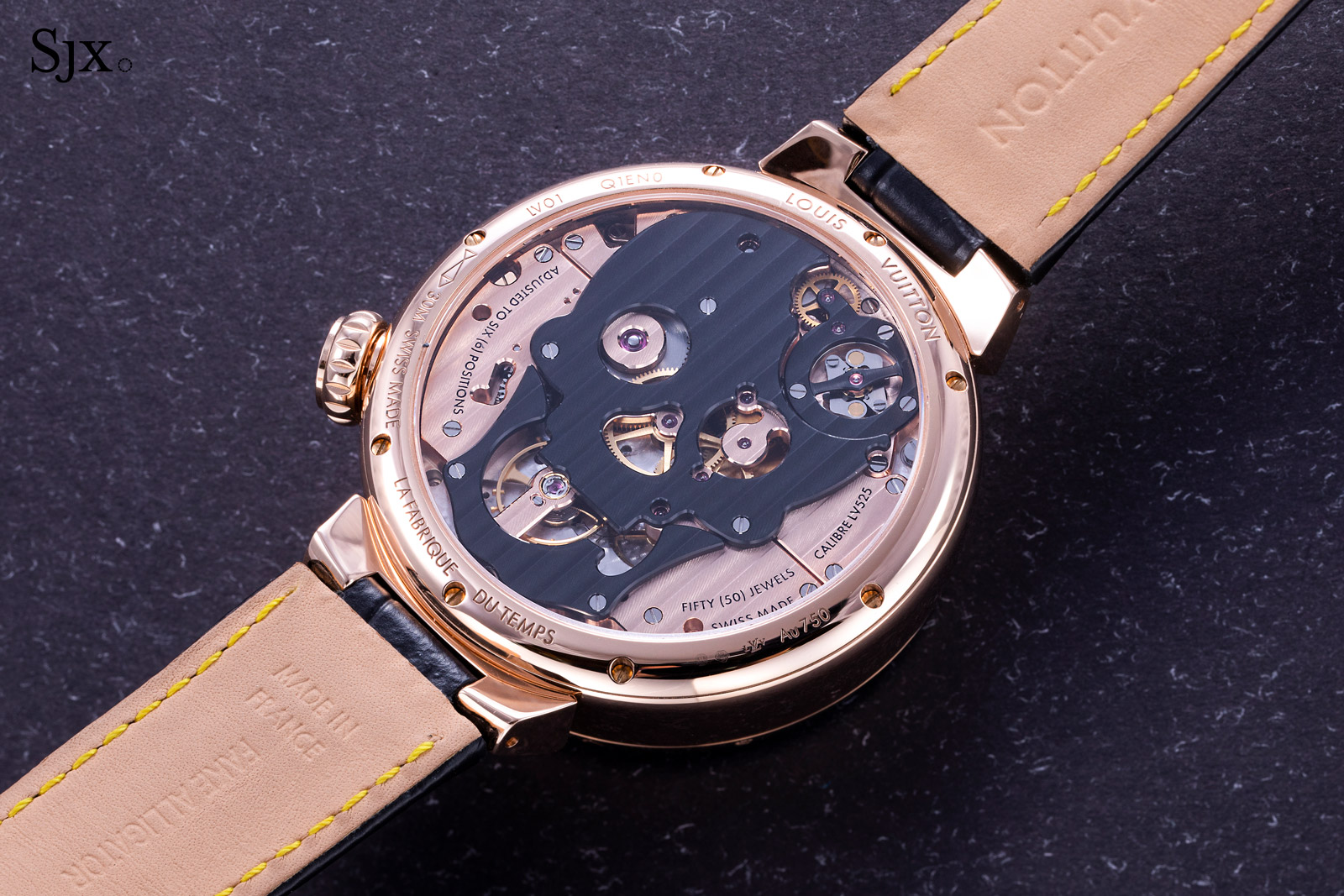
Found in its standard configuration in several other minute repeaters, including those of Laurent Ferrier, the movement is paired with an automata module that drives all of the moving parts on the dial. The automata up the part count of the movement by about half – the base minute repeater calibre is made up of approximately 300 parts, while the part count here is 426.
The aesthetics of the movement echo the dial, thanks to a skull-shaped plate installed over the bridges. With the base movement rotated 45 degrees from its usual position, resulting in the crown sitting just past four o’clock, it’s neatly positioned such that the apertures in the skull reveal key parts of the movement. In between the jaws sits the balance wheel, while the nose reveals the centre wheel of the going train, and the left eye contains the pivot jewel of the mainspring.
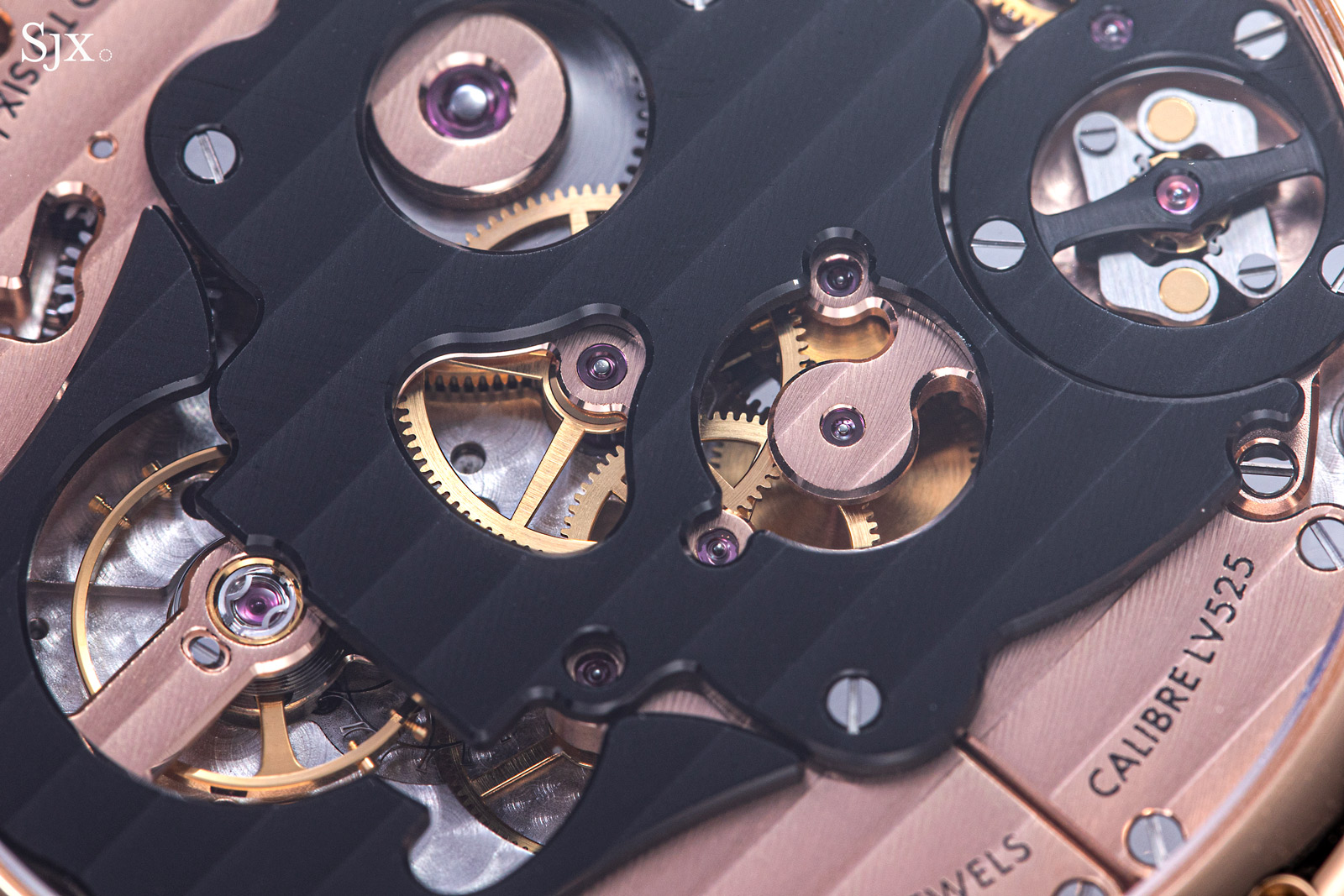
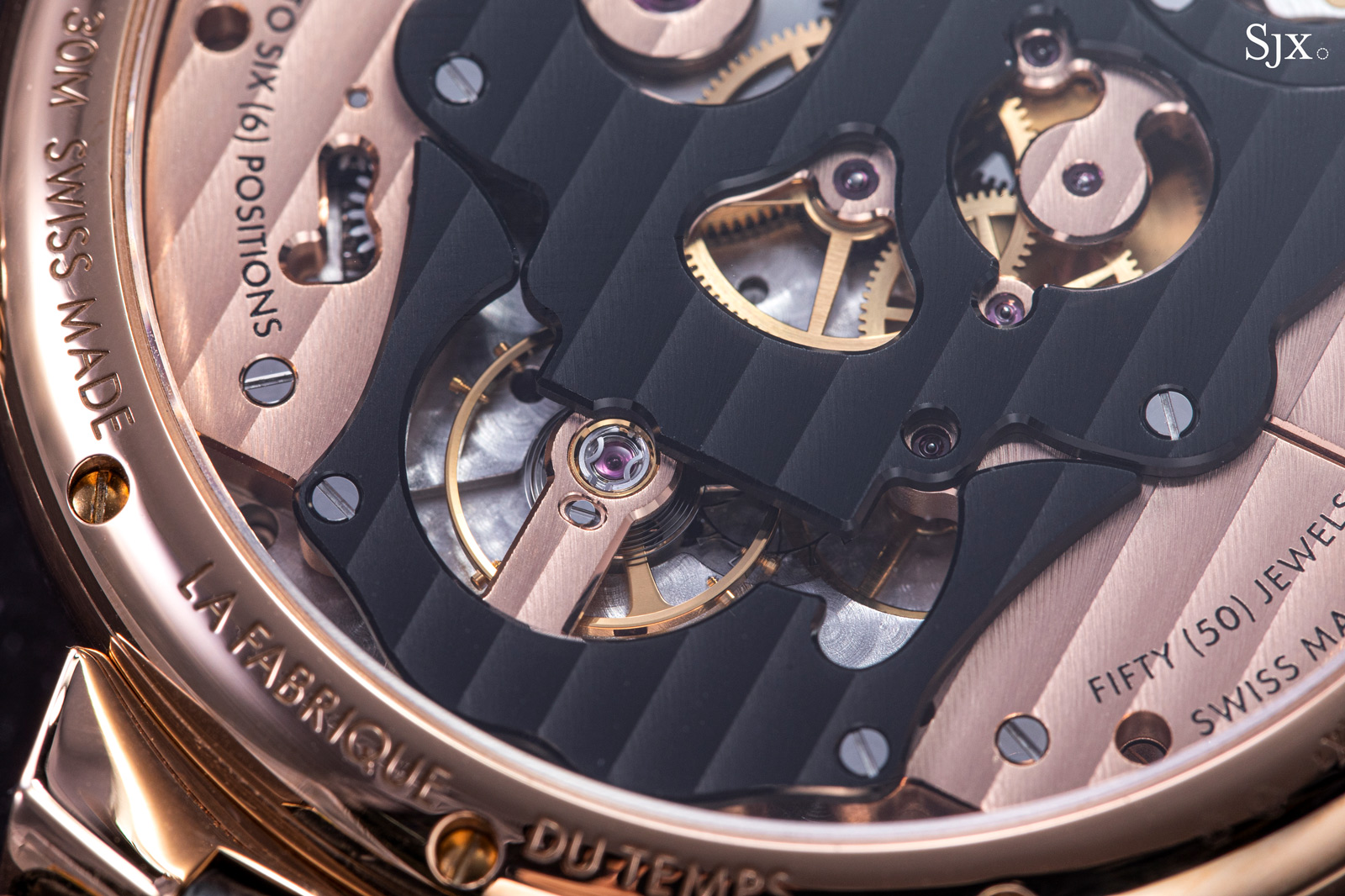
The screwed balance wheel in between the jaws
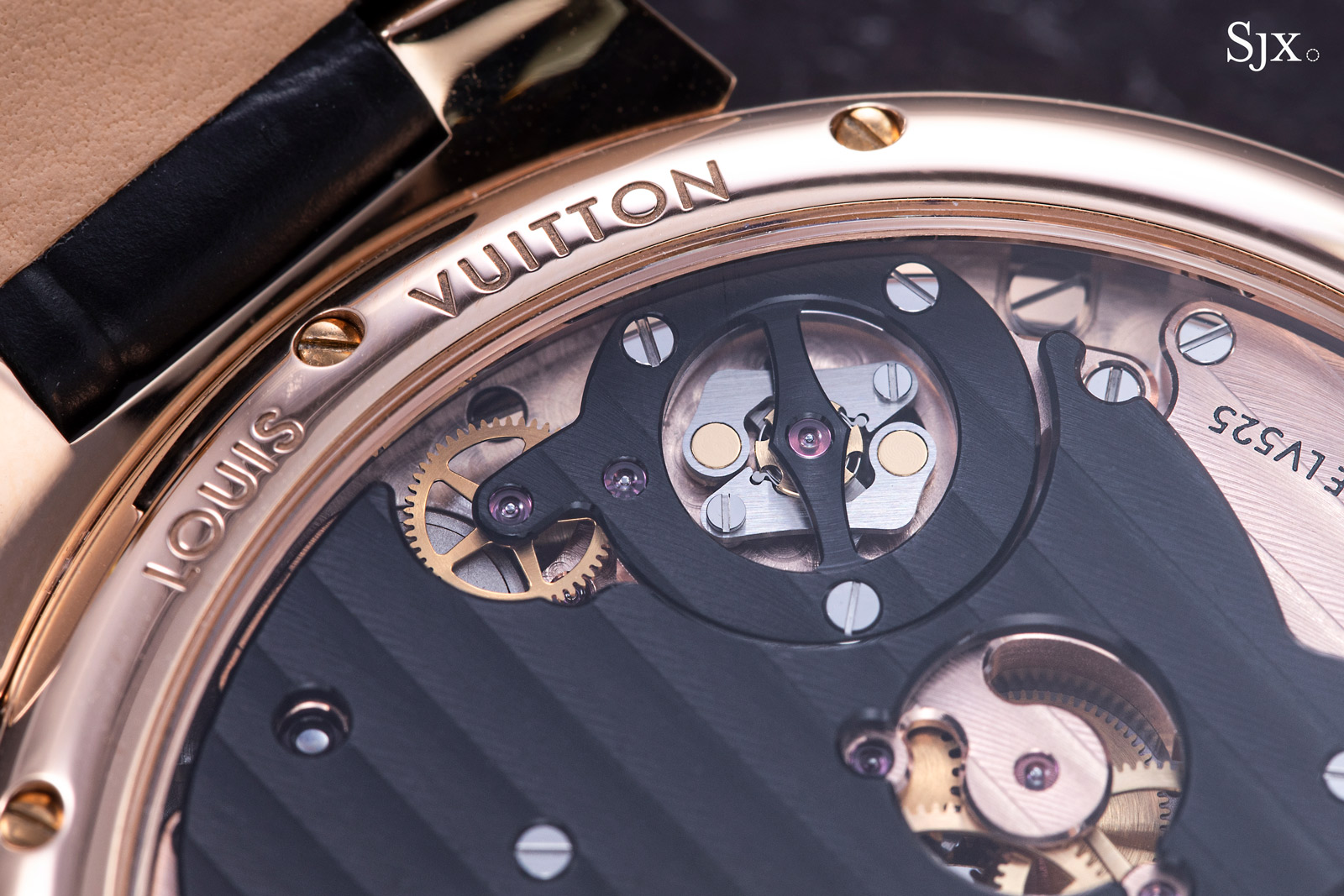
With two arms that spread as it spins, creating air resistance, the governor regulates the striking of the repeater
Precise and clean, the movement decoration is also thorough. Jewels and screws sit in countersinks, while the wheels have chamfered spokes in inner edges. But the finishing feels mechanical, and lacks the artisanal refinement of hand finishing. The bevels on the bridges, for instance, are accomplished with a milling machine, creating wide, flat bevels that have fine vertical striations that are traces of the milling process.
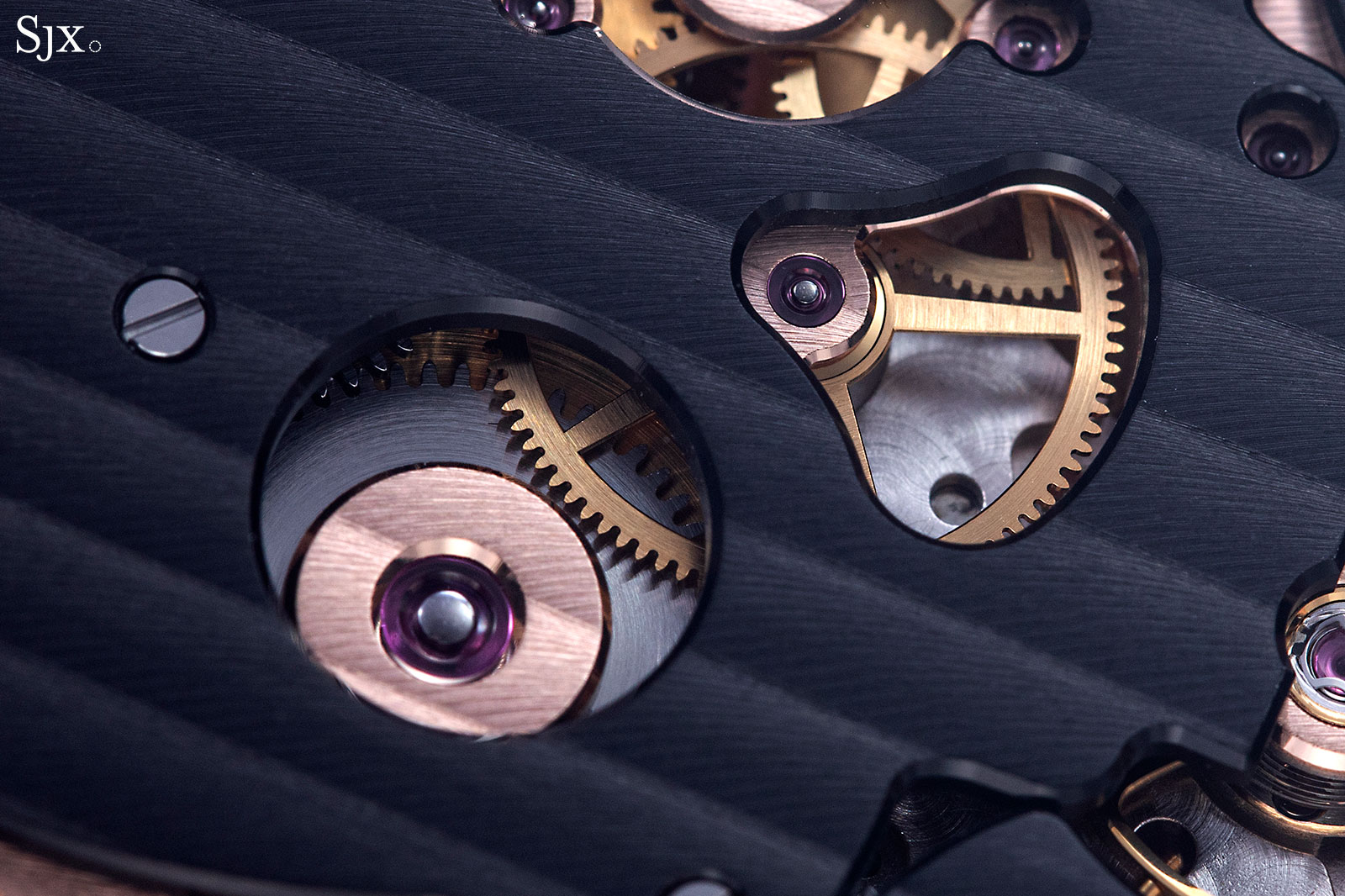
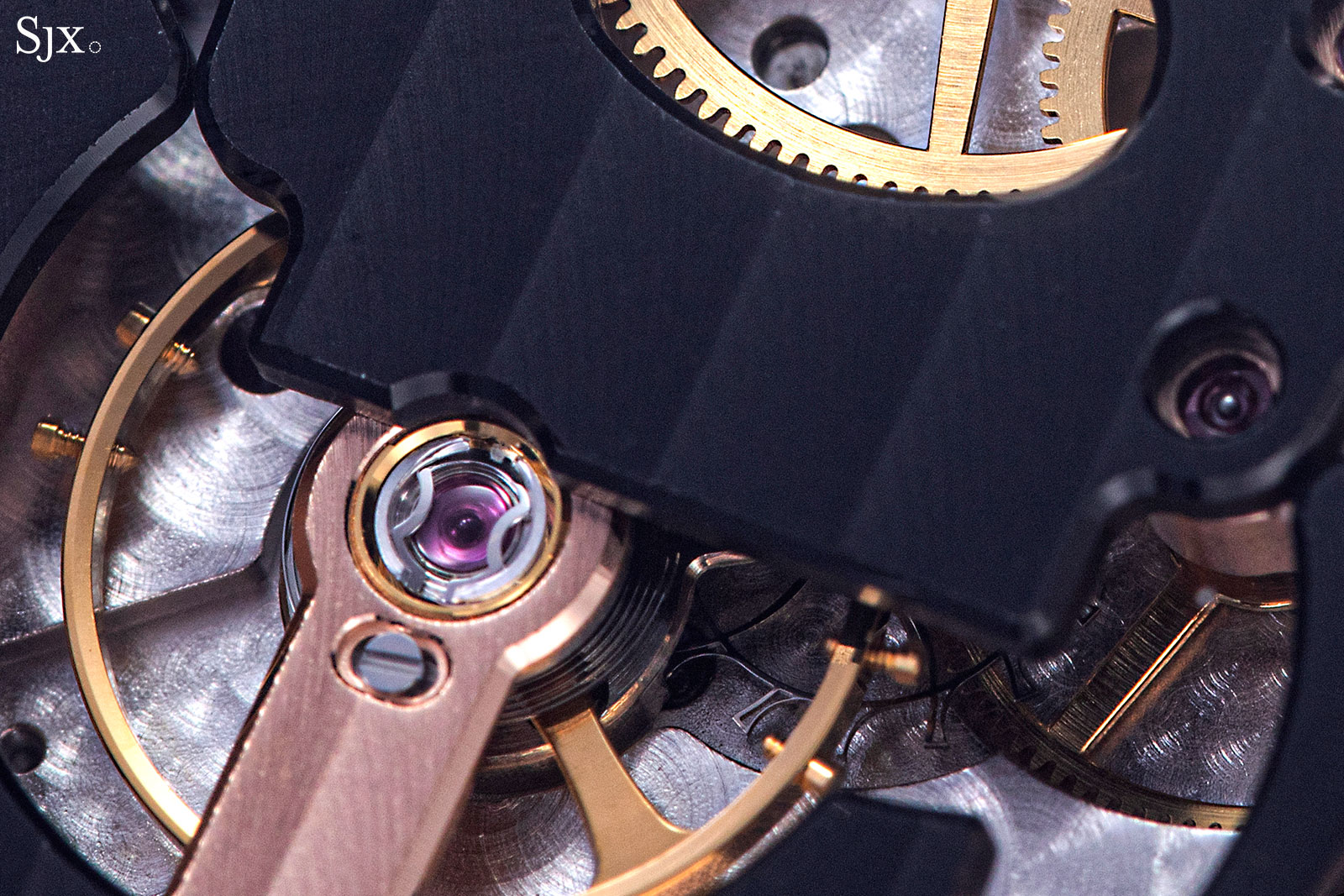
A notable detail is the skeletonised escape wheel made via LIGA
Concluding thoughts
Technically impressive with its repeater and automata, the Carpe Diem is as notable for the fine dial decoration. And it is also interesting in both design and complication. It is stands apart from most many highly complicated watches, which tend to be traditional in all respects.
But the showy aesthetic of the watch means its appeal is narrow. Though what it does is not for everyone, the Carpe Diem accomplishes what it set out to do in style.
Key facts and price
Louis Vuitton Tambour Carpe Diem
Ref. Q1EN0Y
Diameter: 46.8 mm
Height: 14.42 mm
Material: 18k pink gold
Crystal: Sapphire
Water resistance: 30 m
Movement: LV 525
Functions: Minute repeater, and jacquemart with four automatons – jumping hour, retrograde minute hand, power reserve indicator, and jaw of skull
Frequency: 21,600 beats per hour (3.5 Hz)
Winding: Hand wind
Power reserve: 100 hours
Strap: Leather with pink gold folding clasp
Limited edition: No but very limited production
Availability: At Louis Vuitton boutiques
Price: US$475,000
For more, visit Louisvuitton.com.
Back to top.

